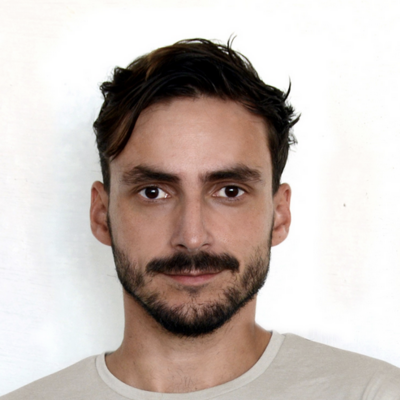

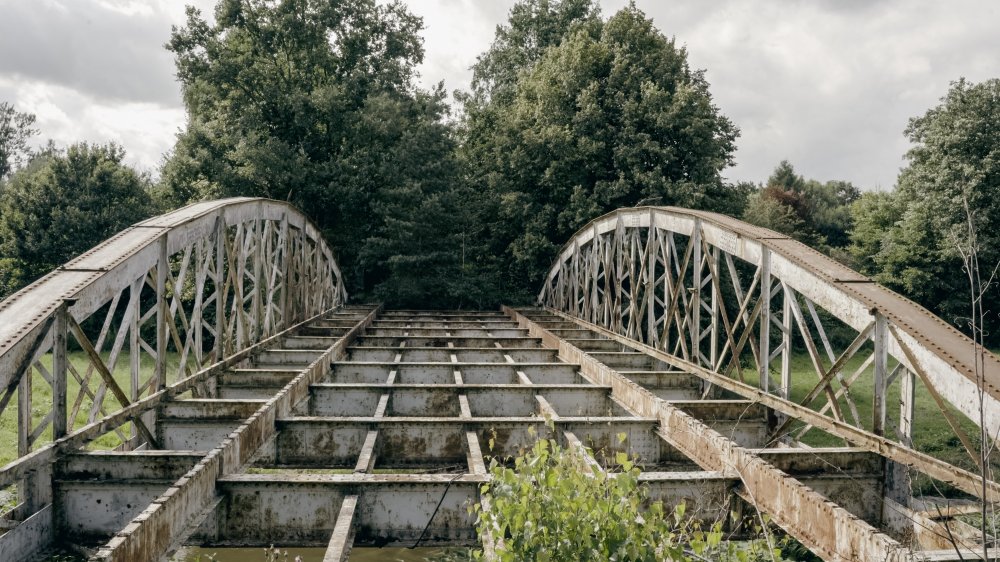
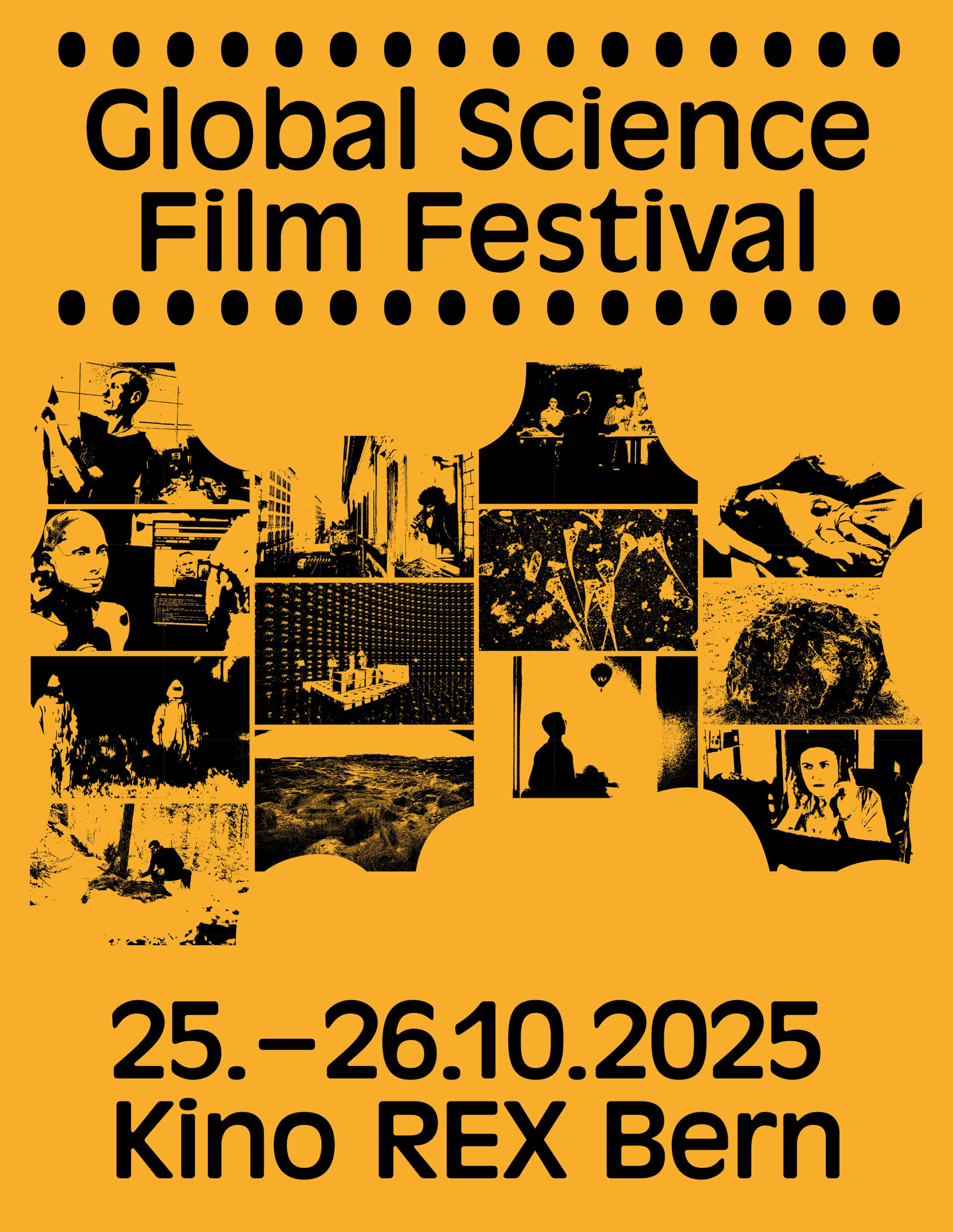
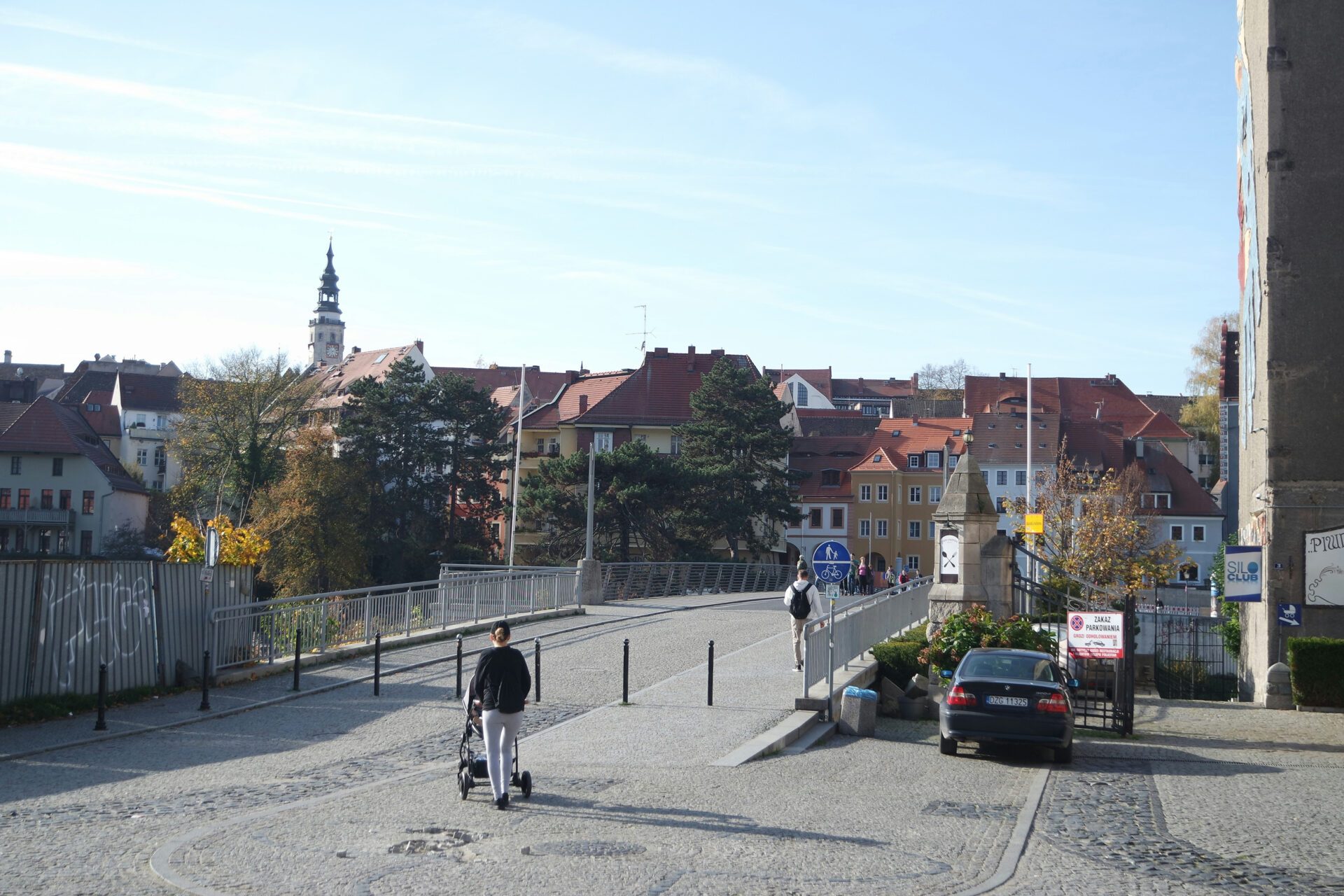
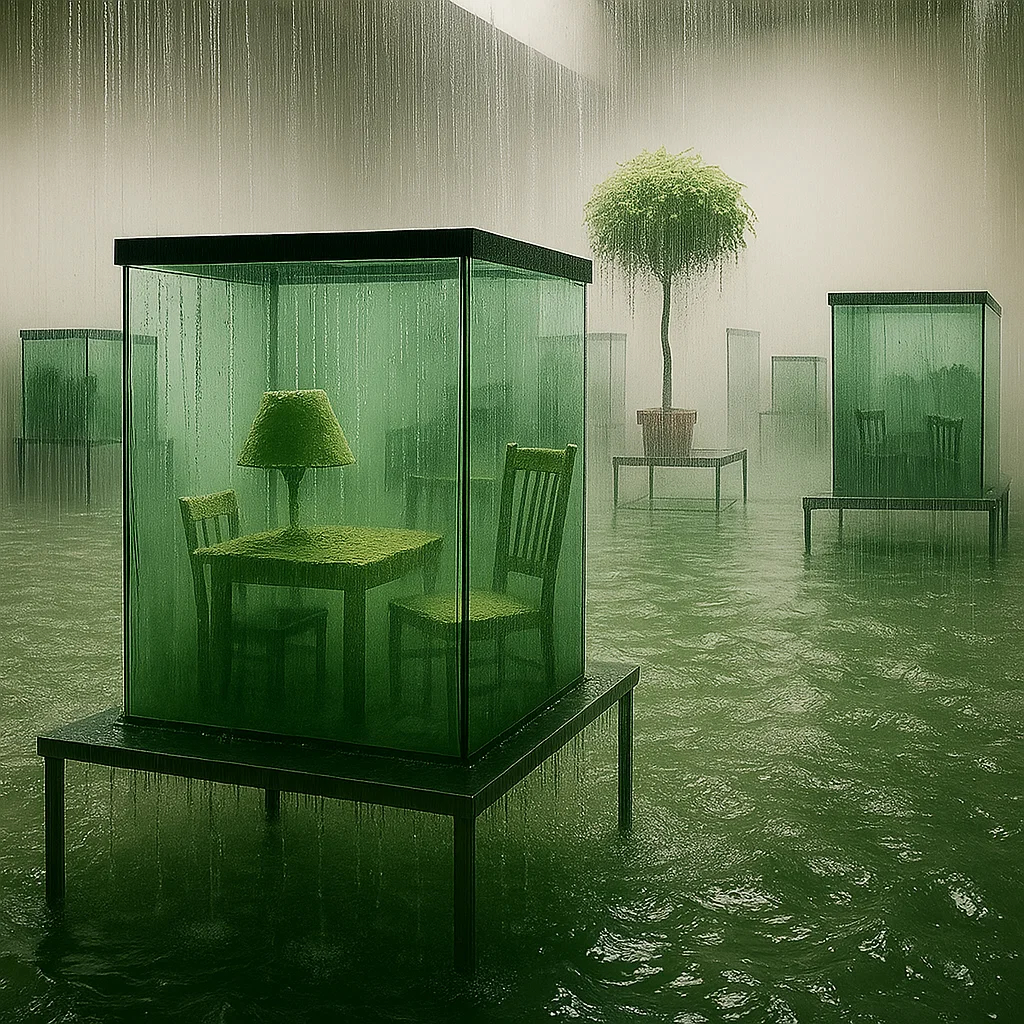


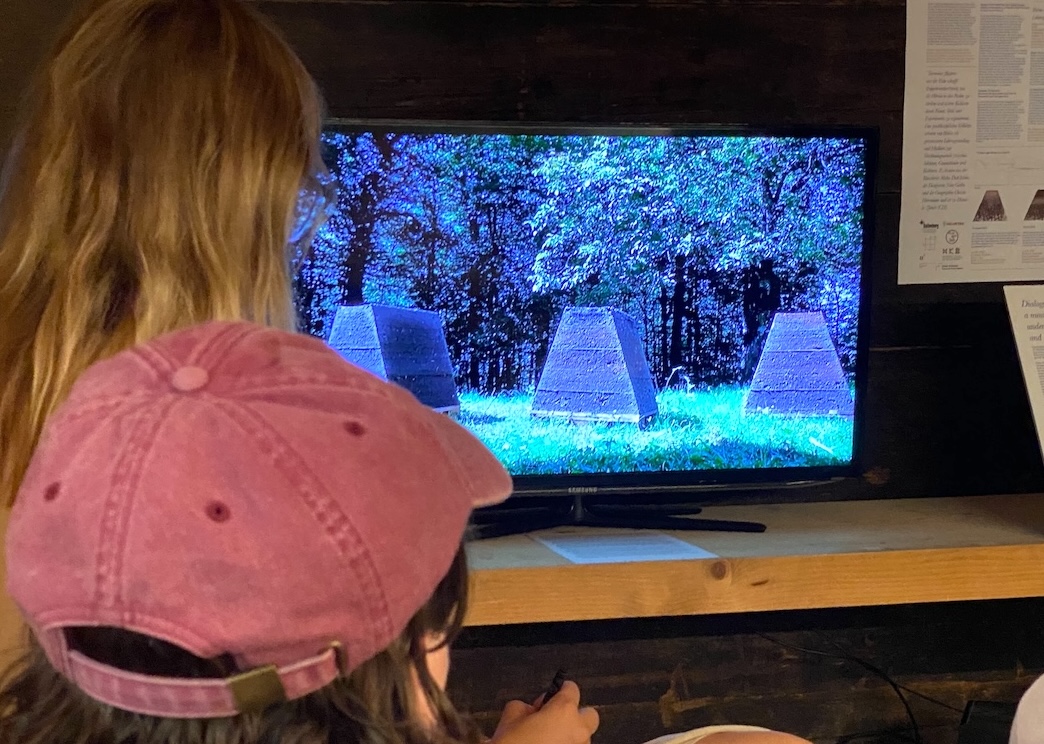

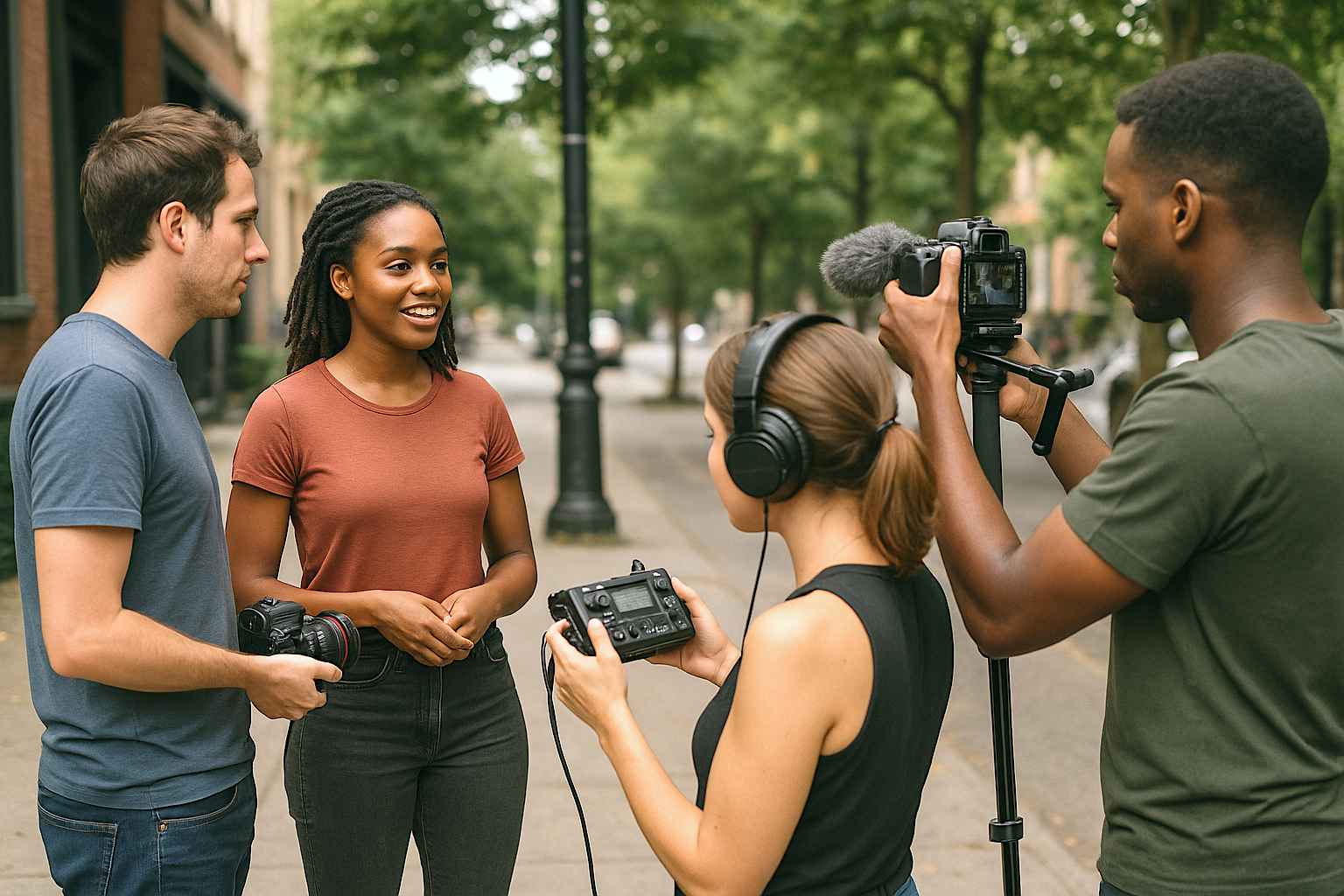
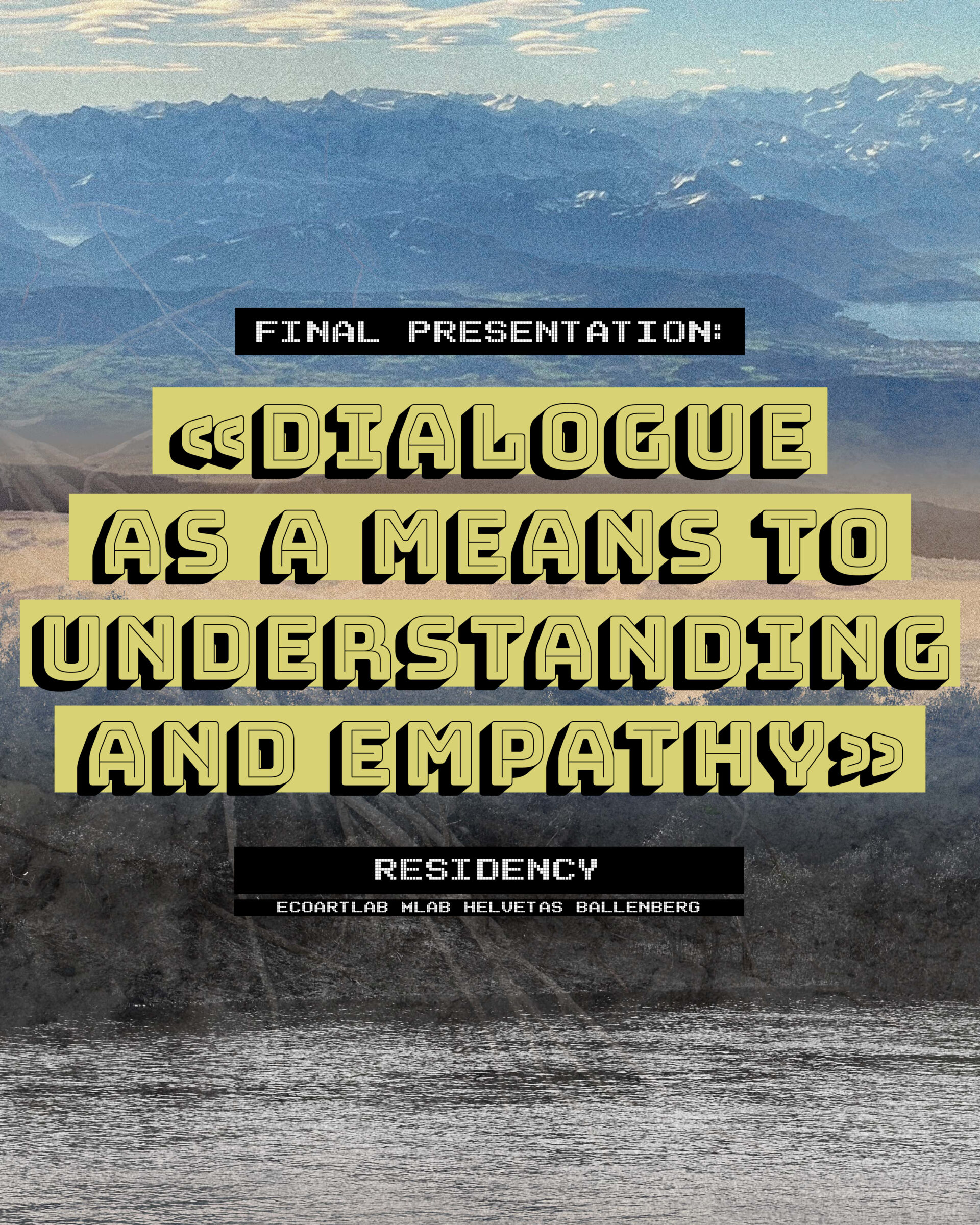
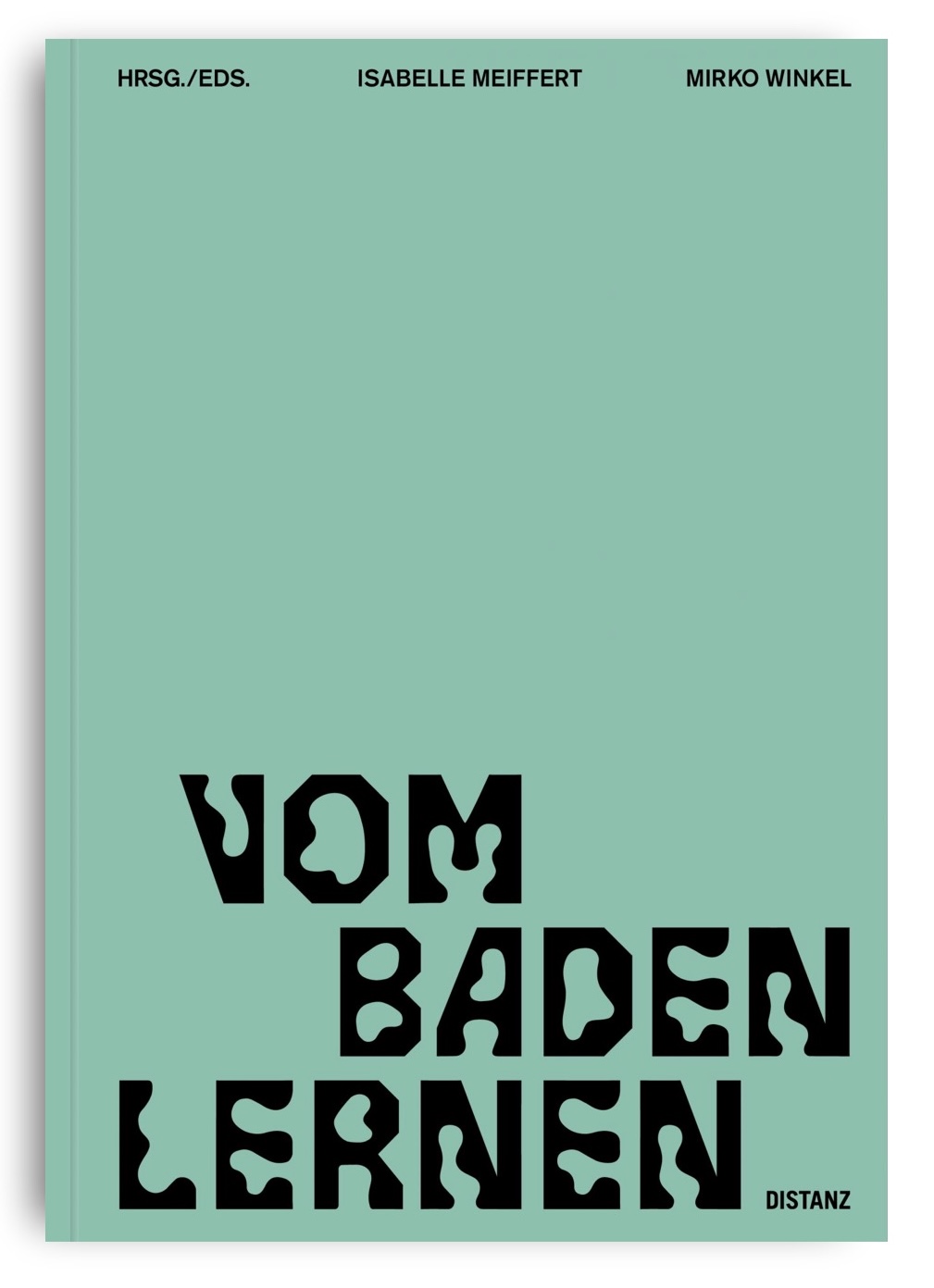
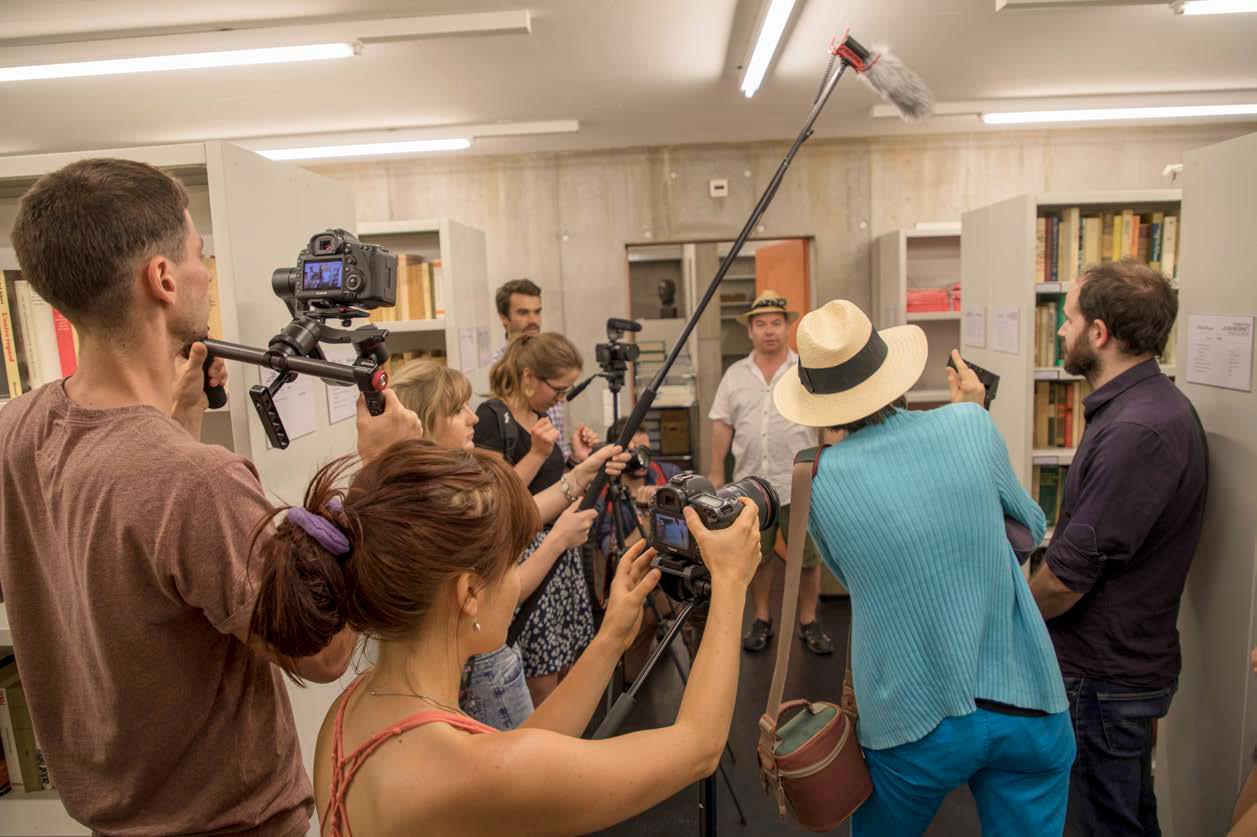
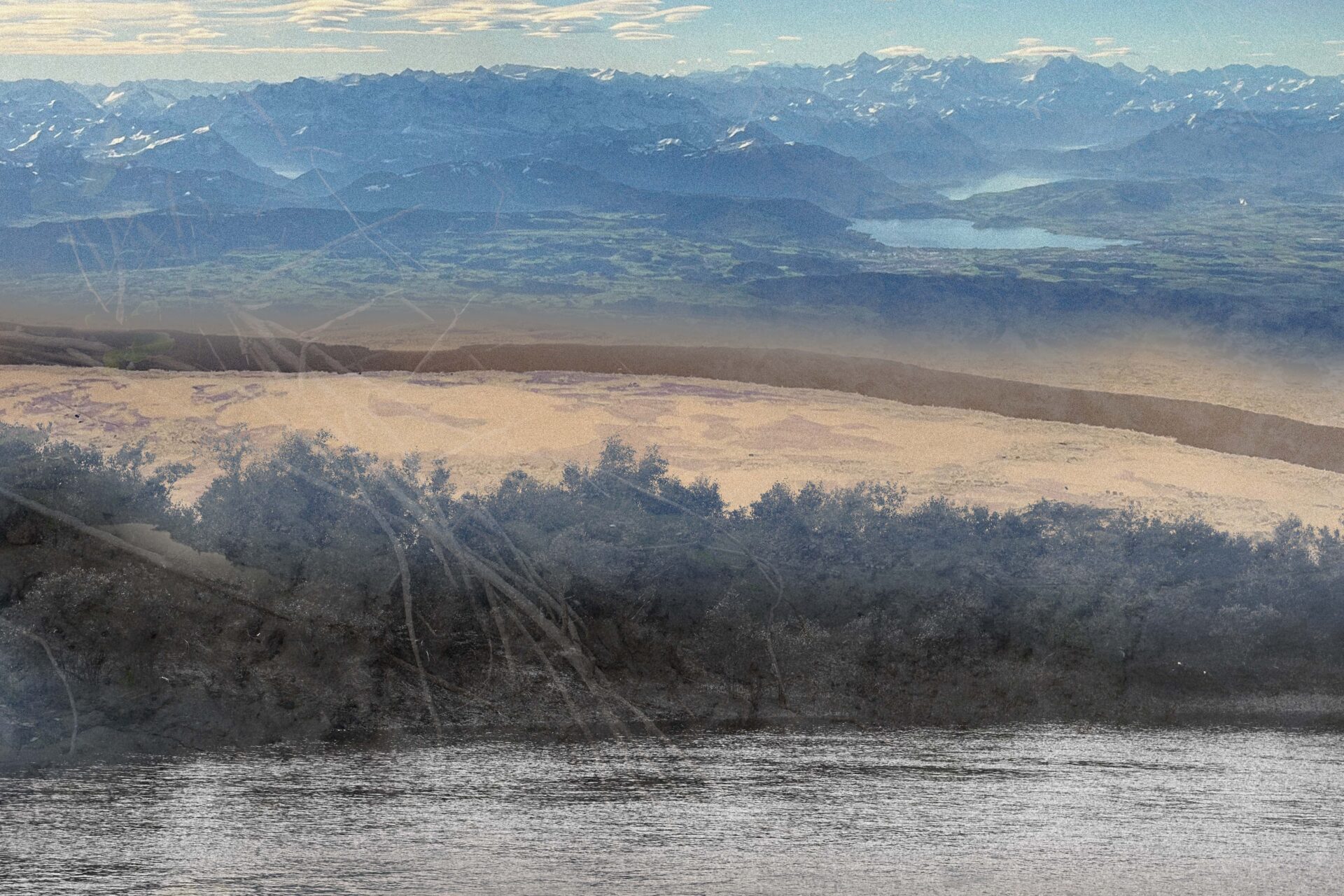
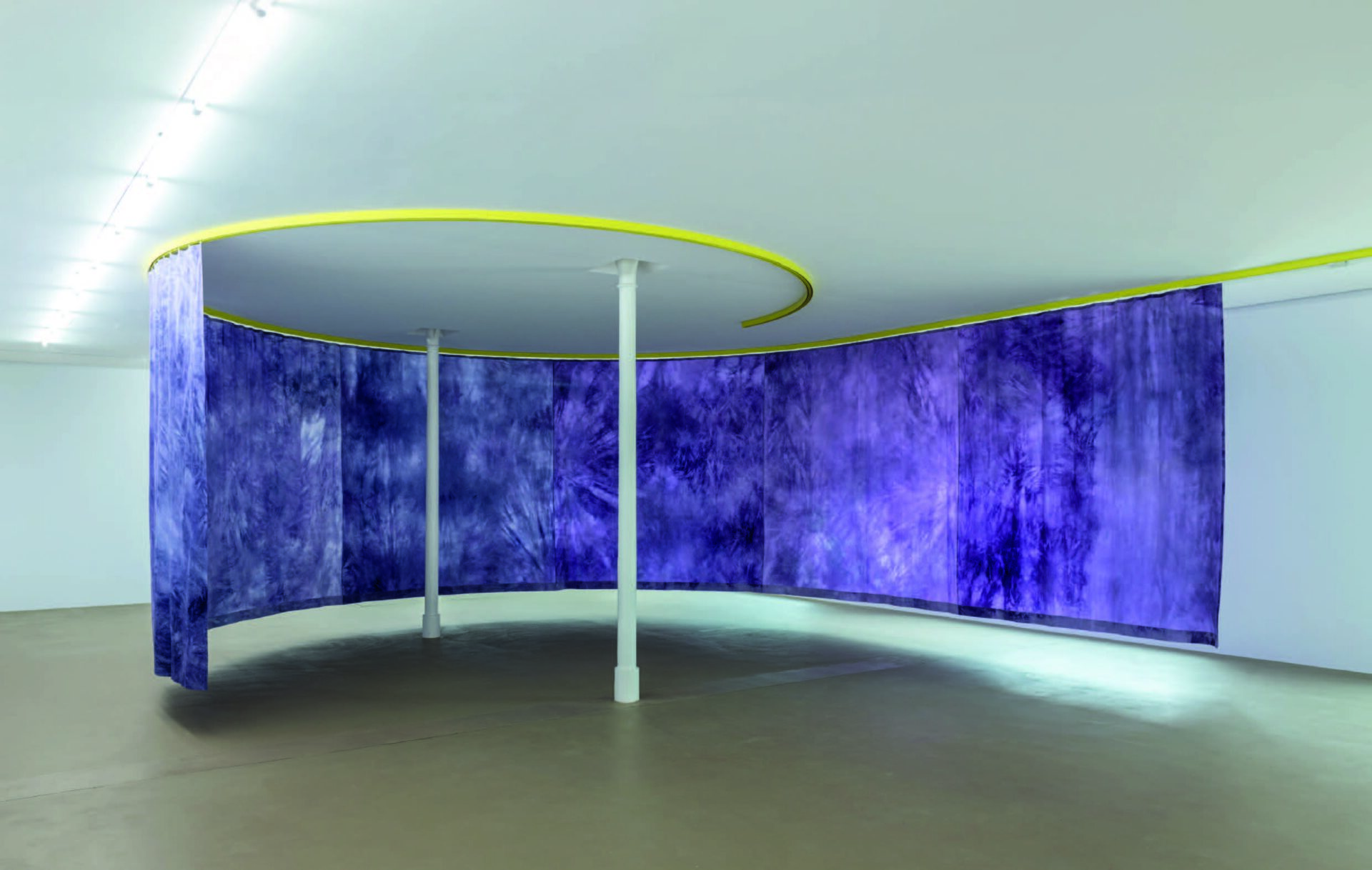
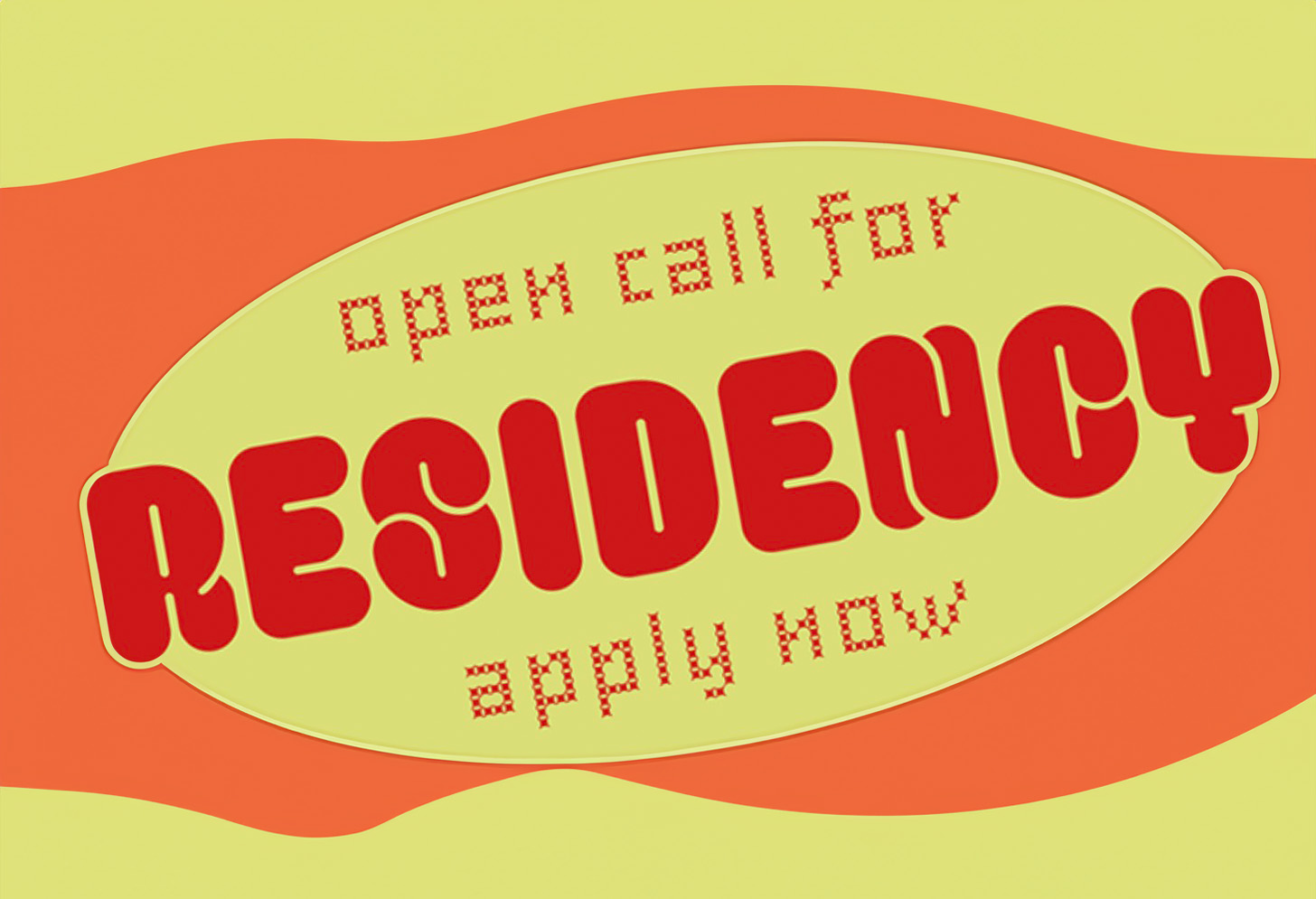
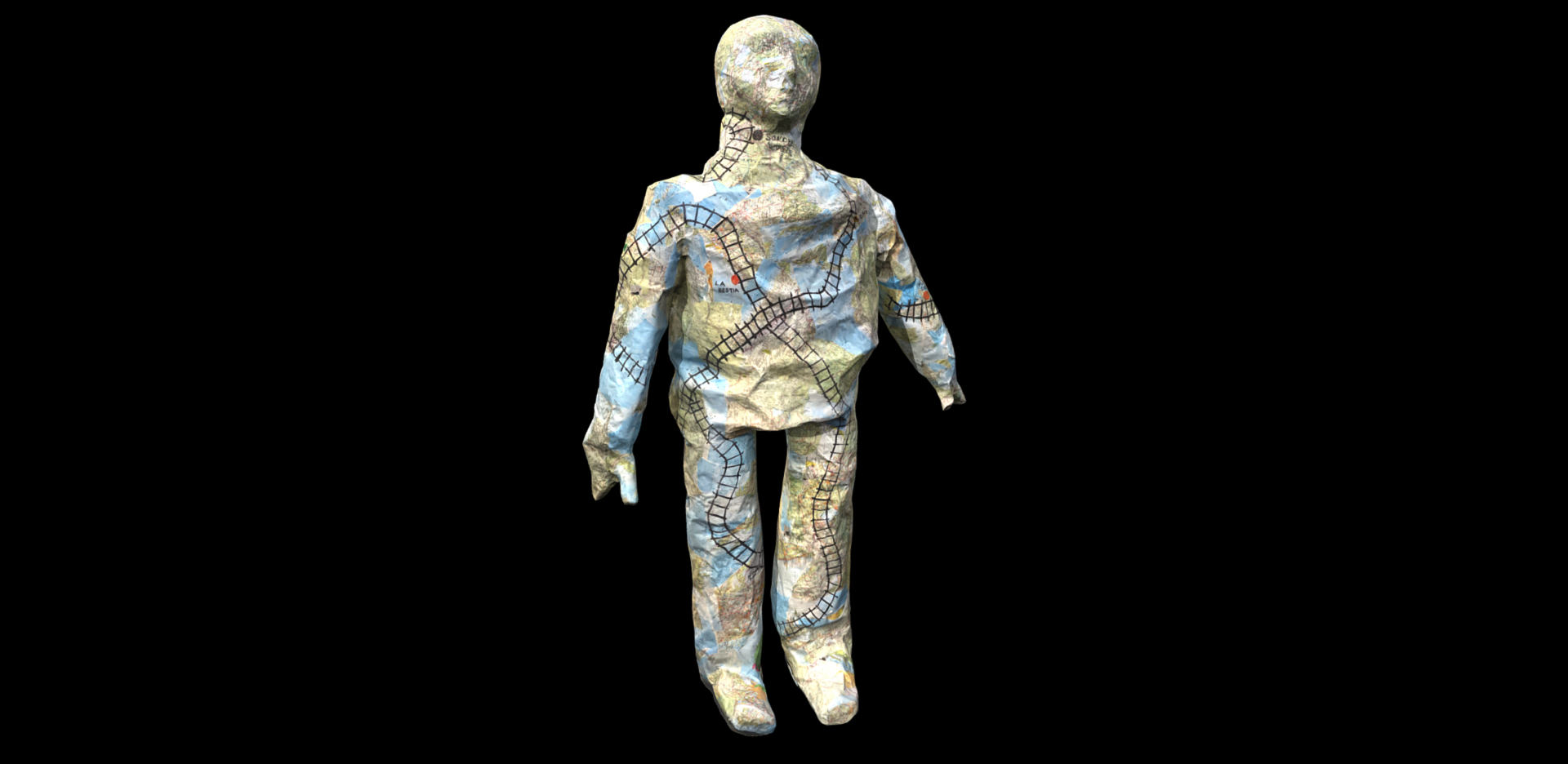
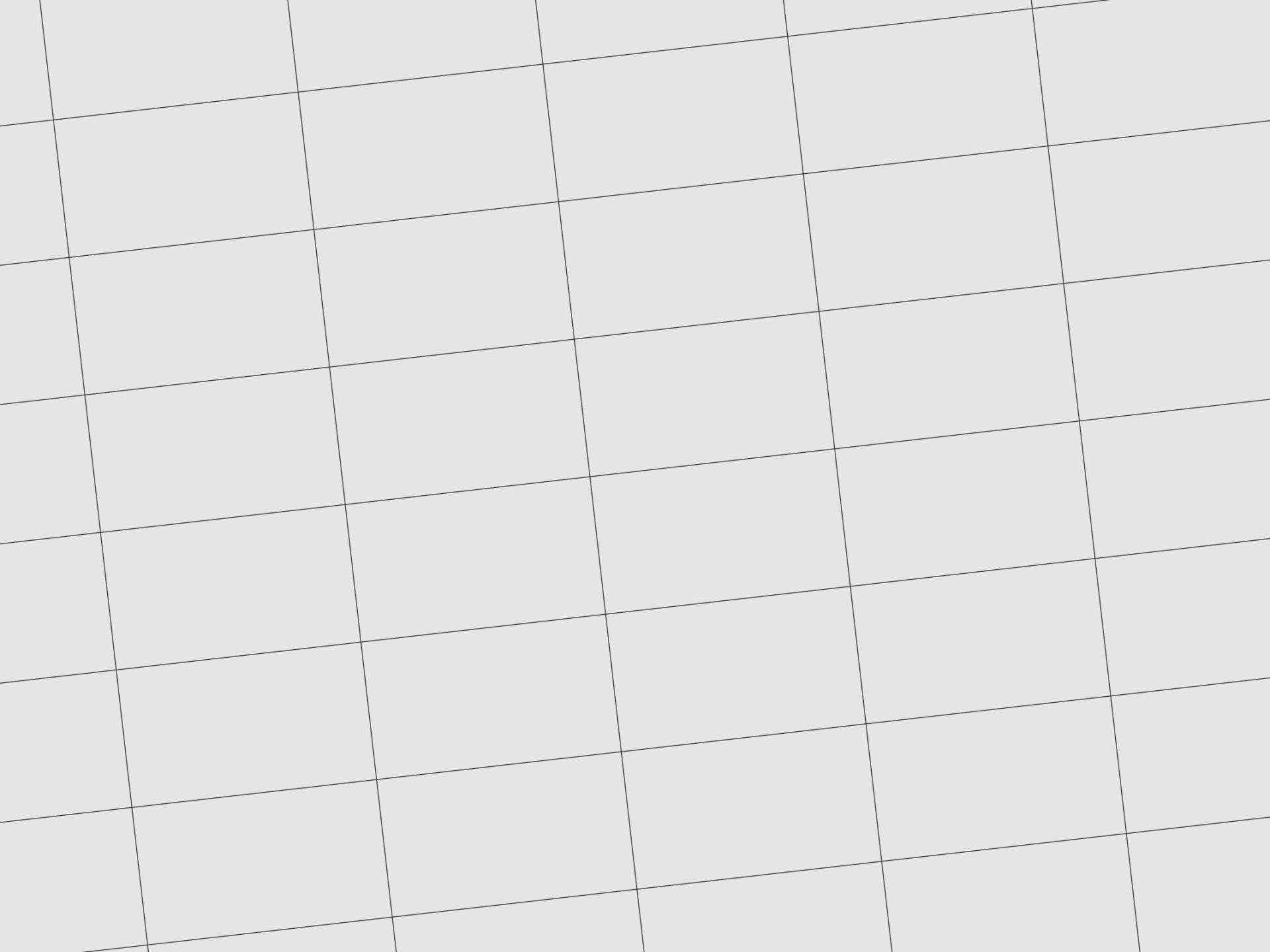
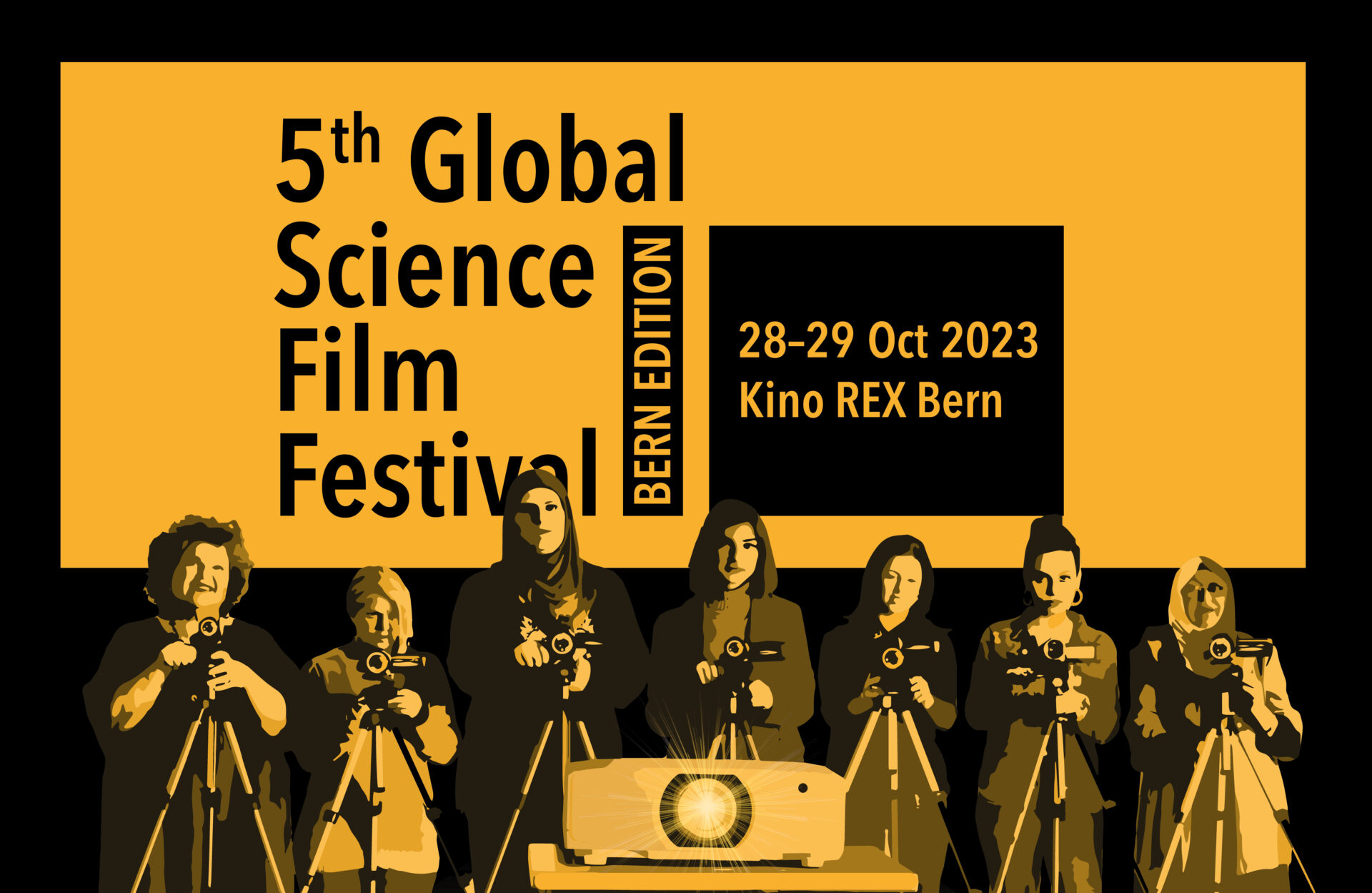
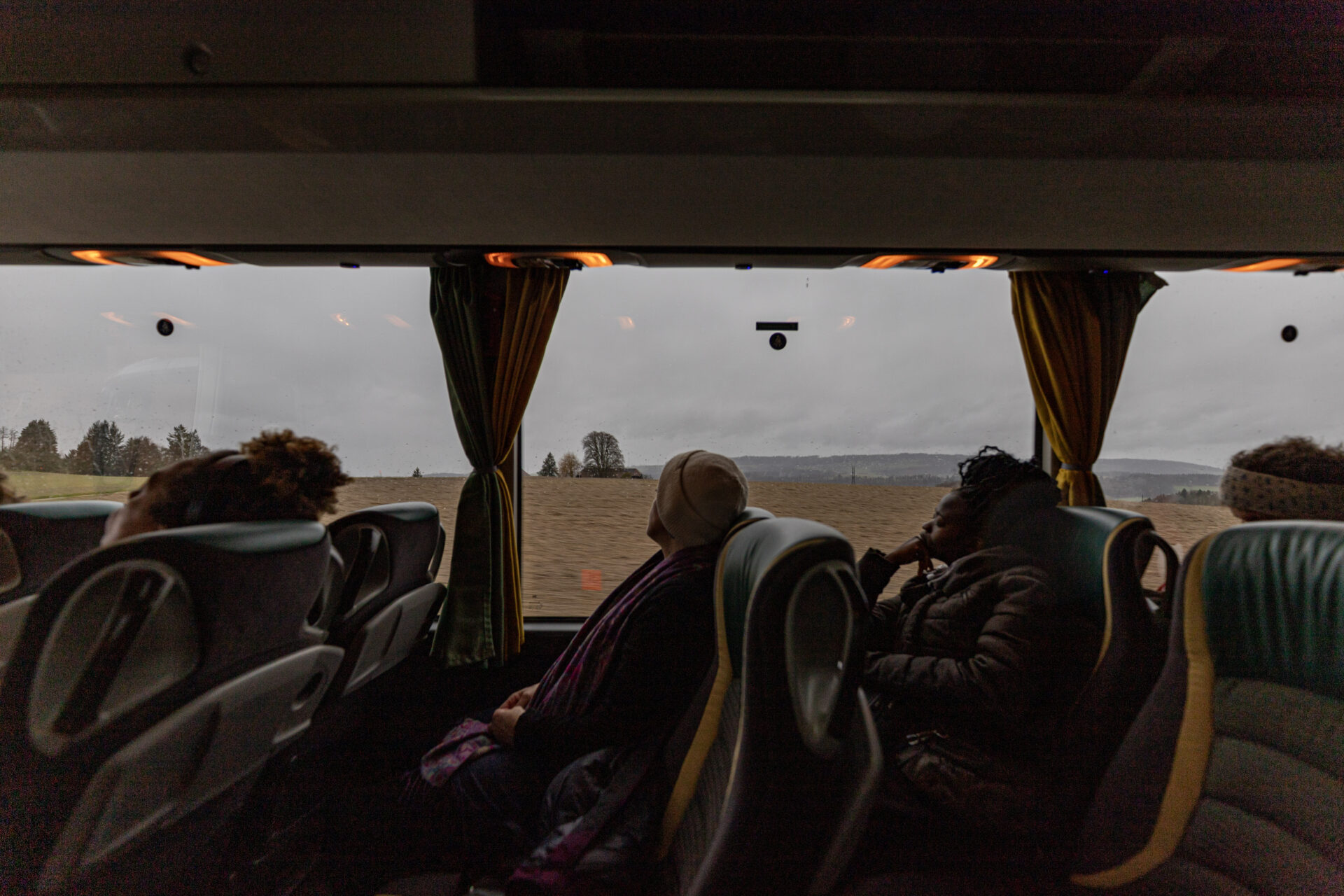
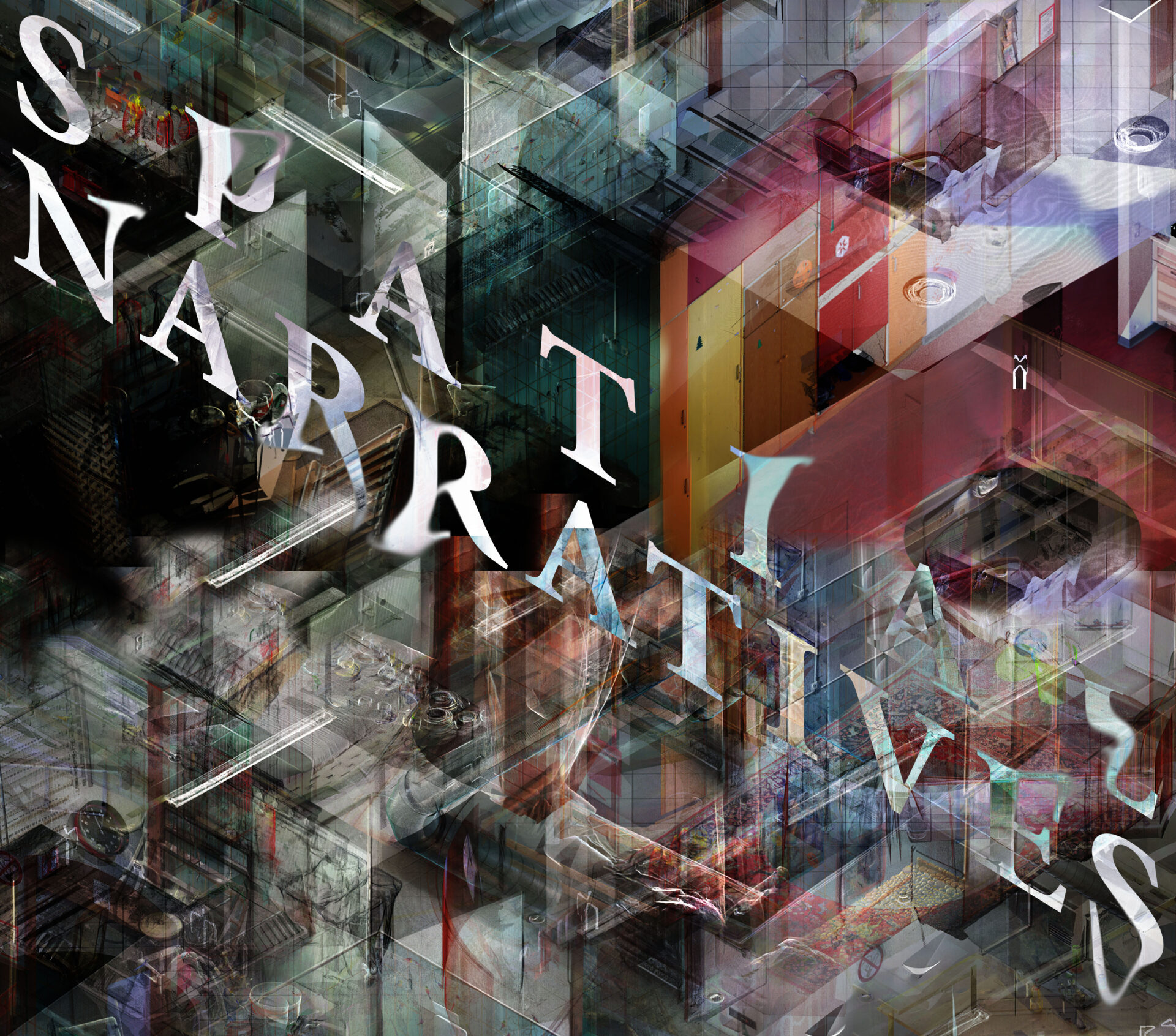
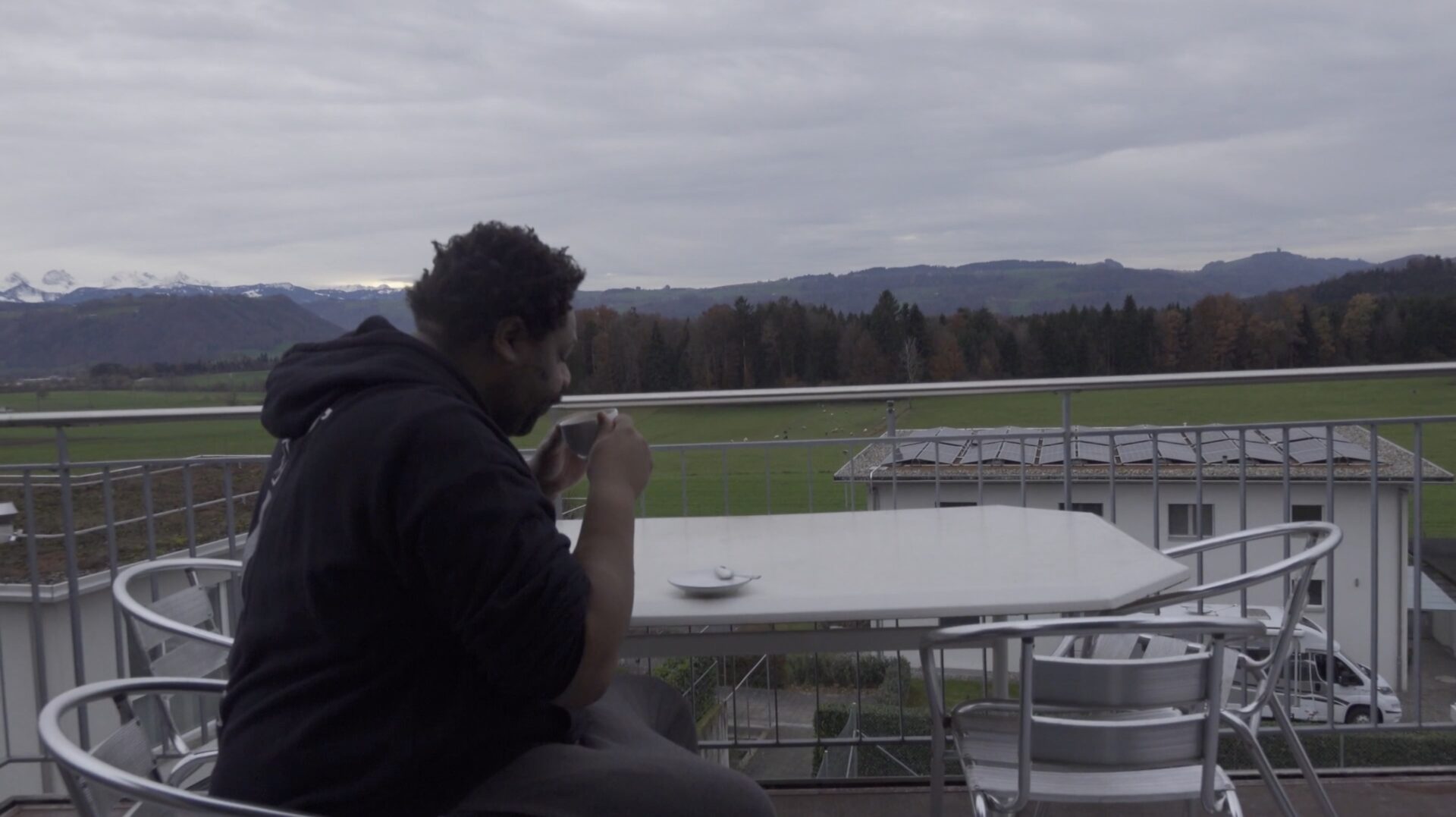
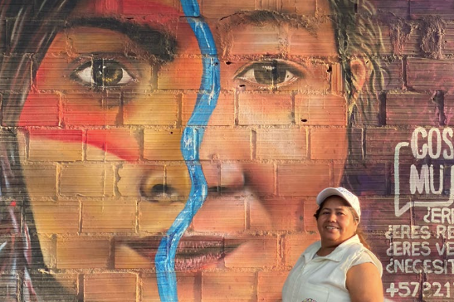
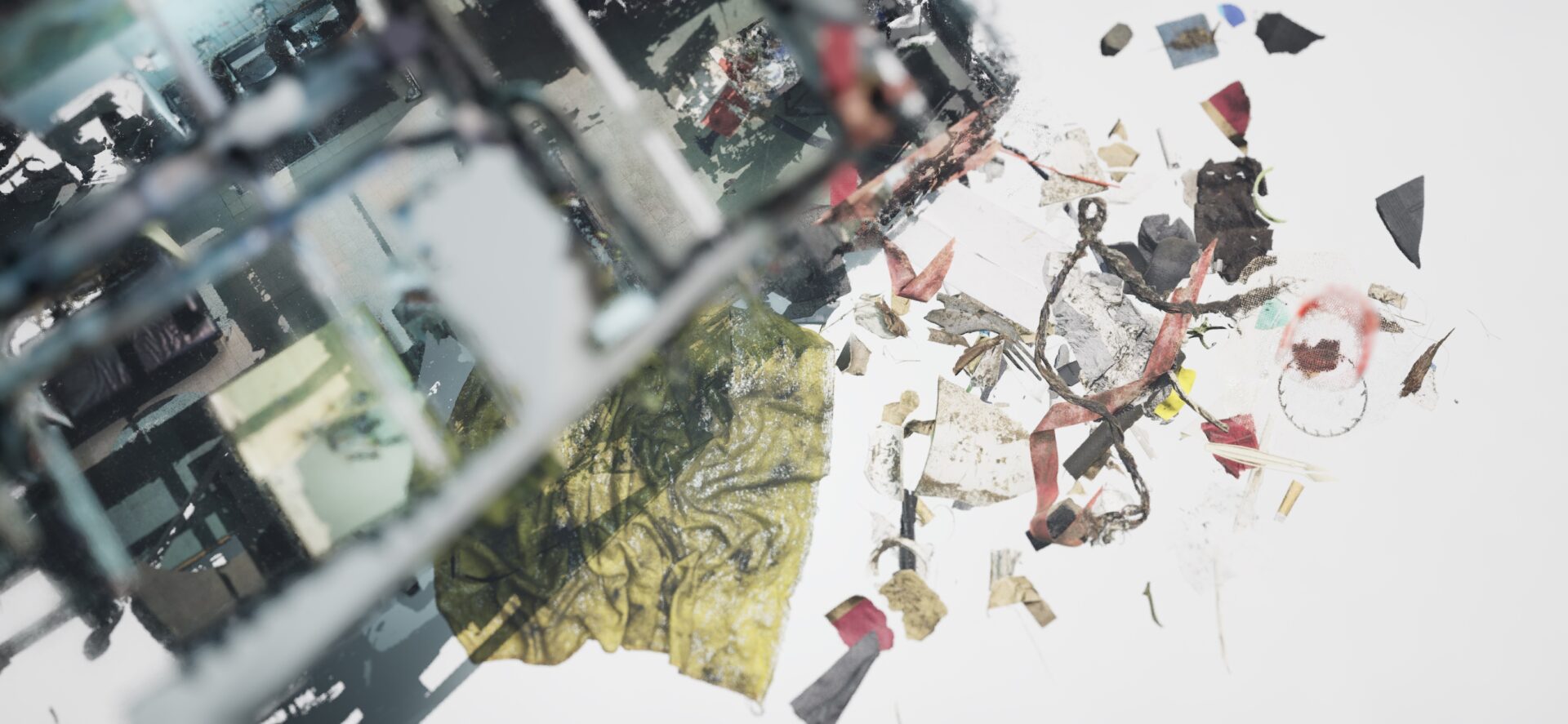

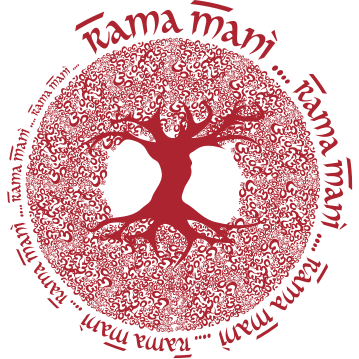
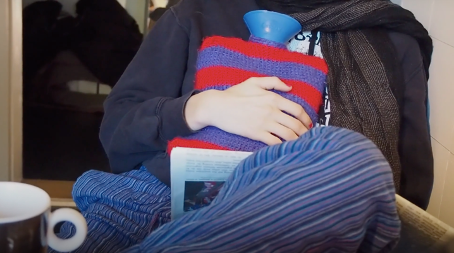


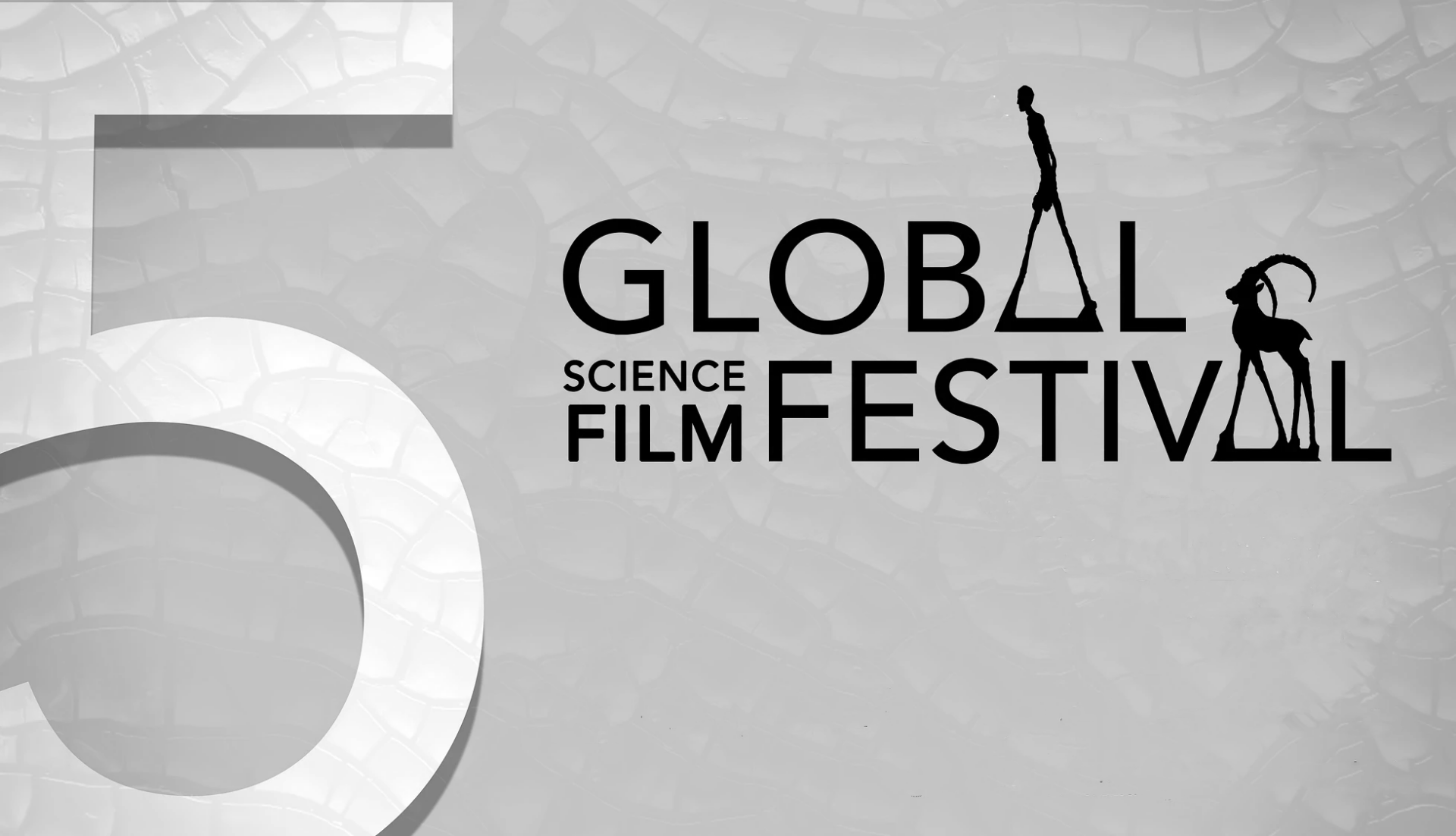

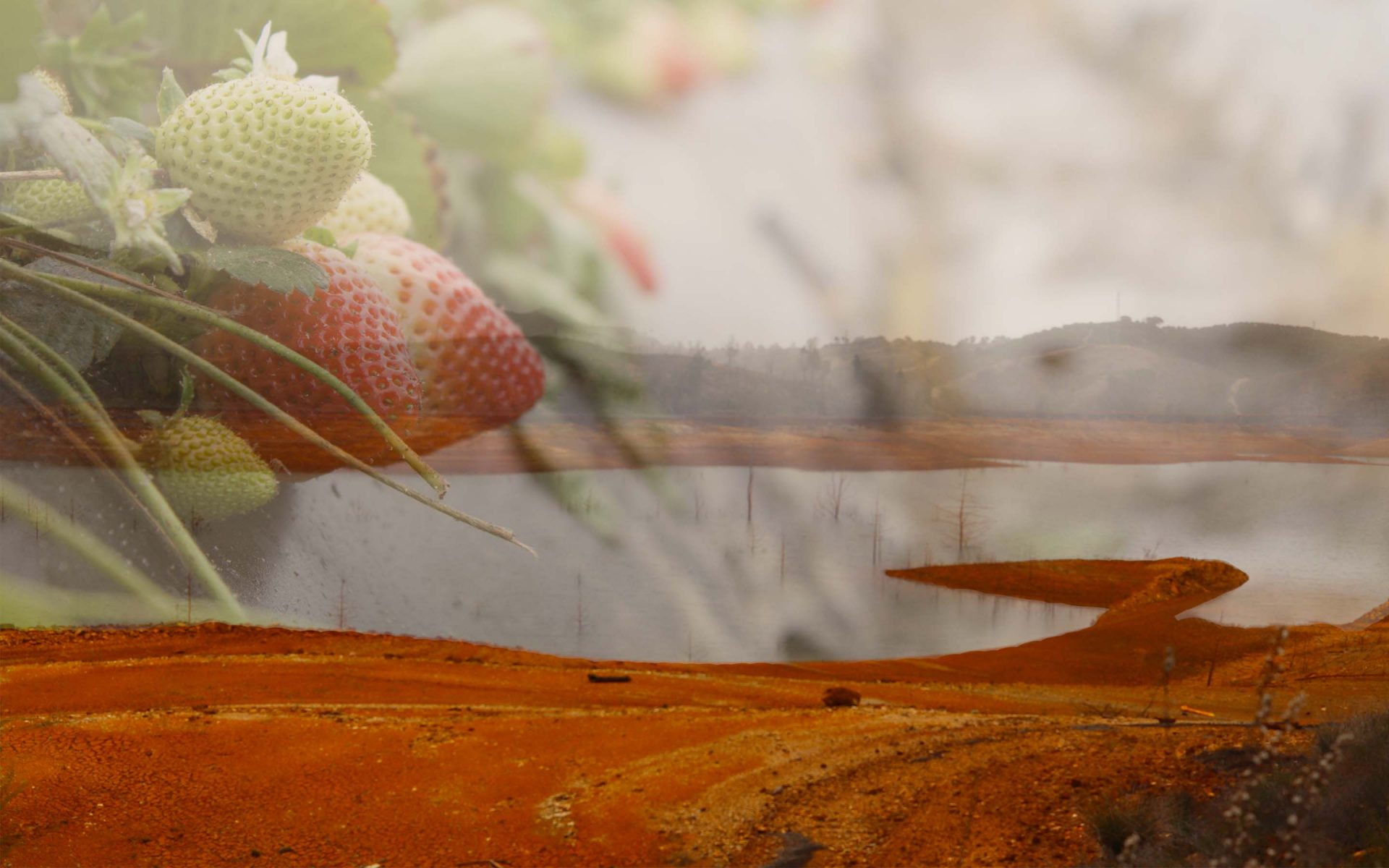
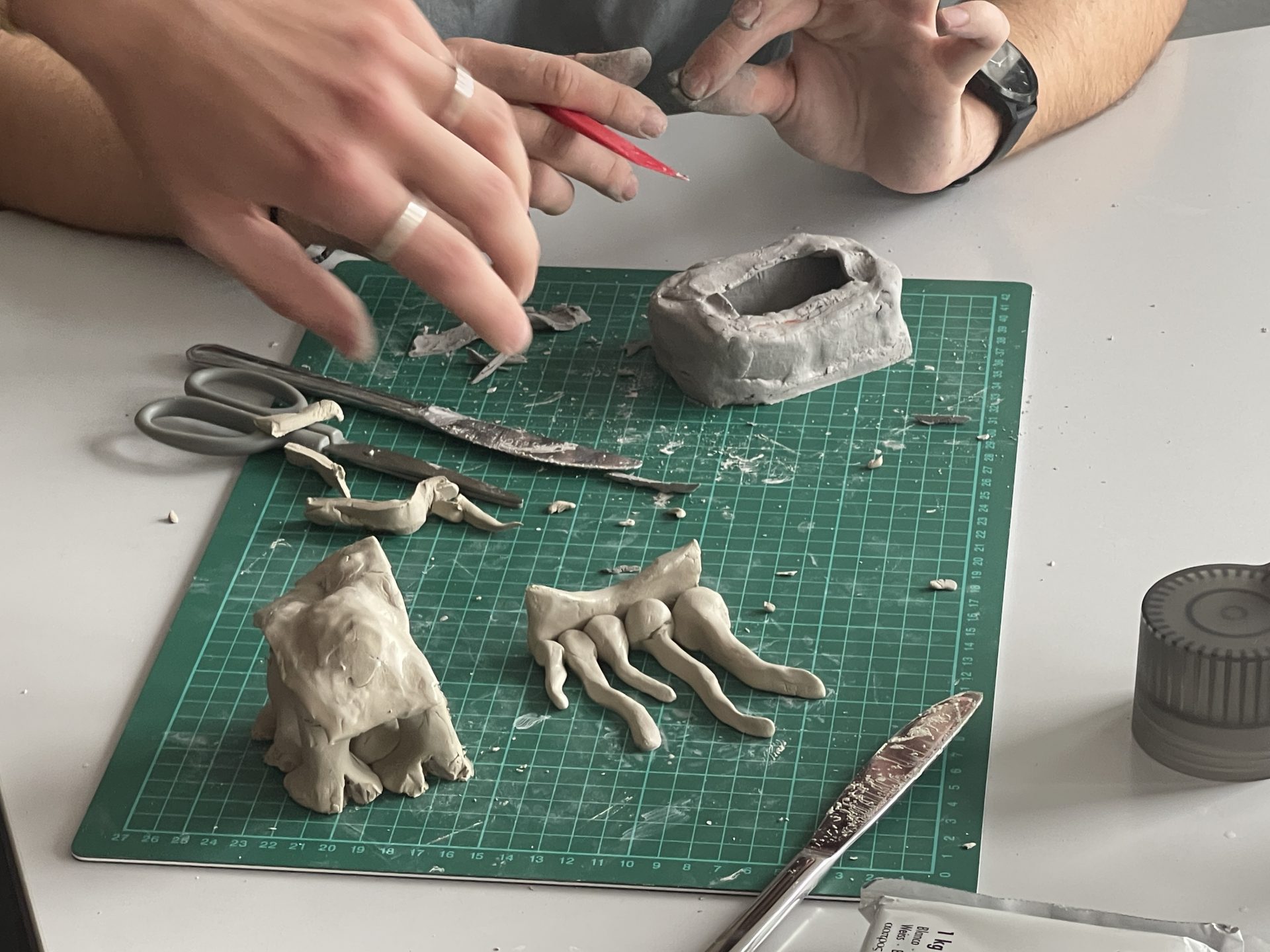
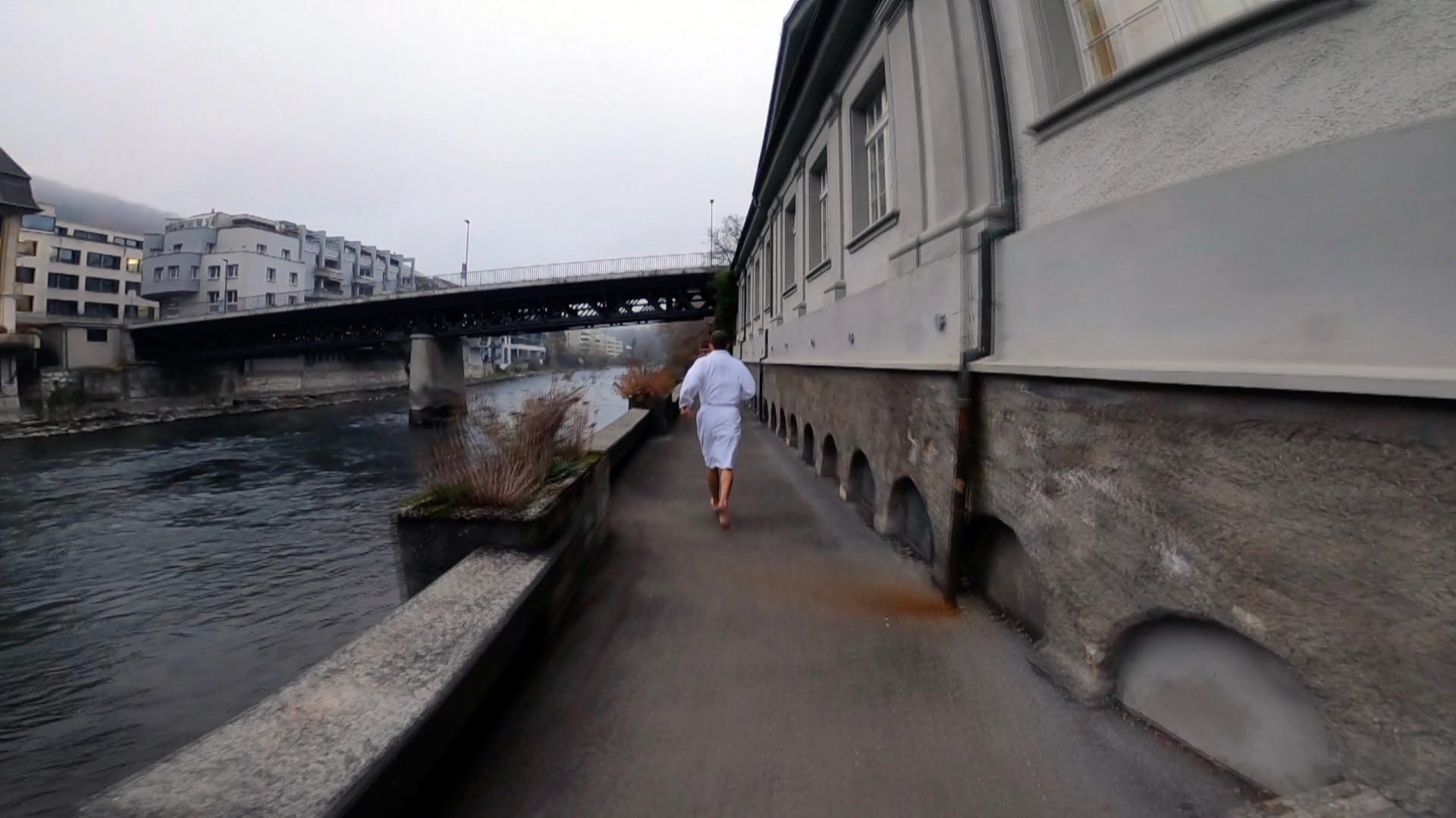
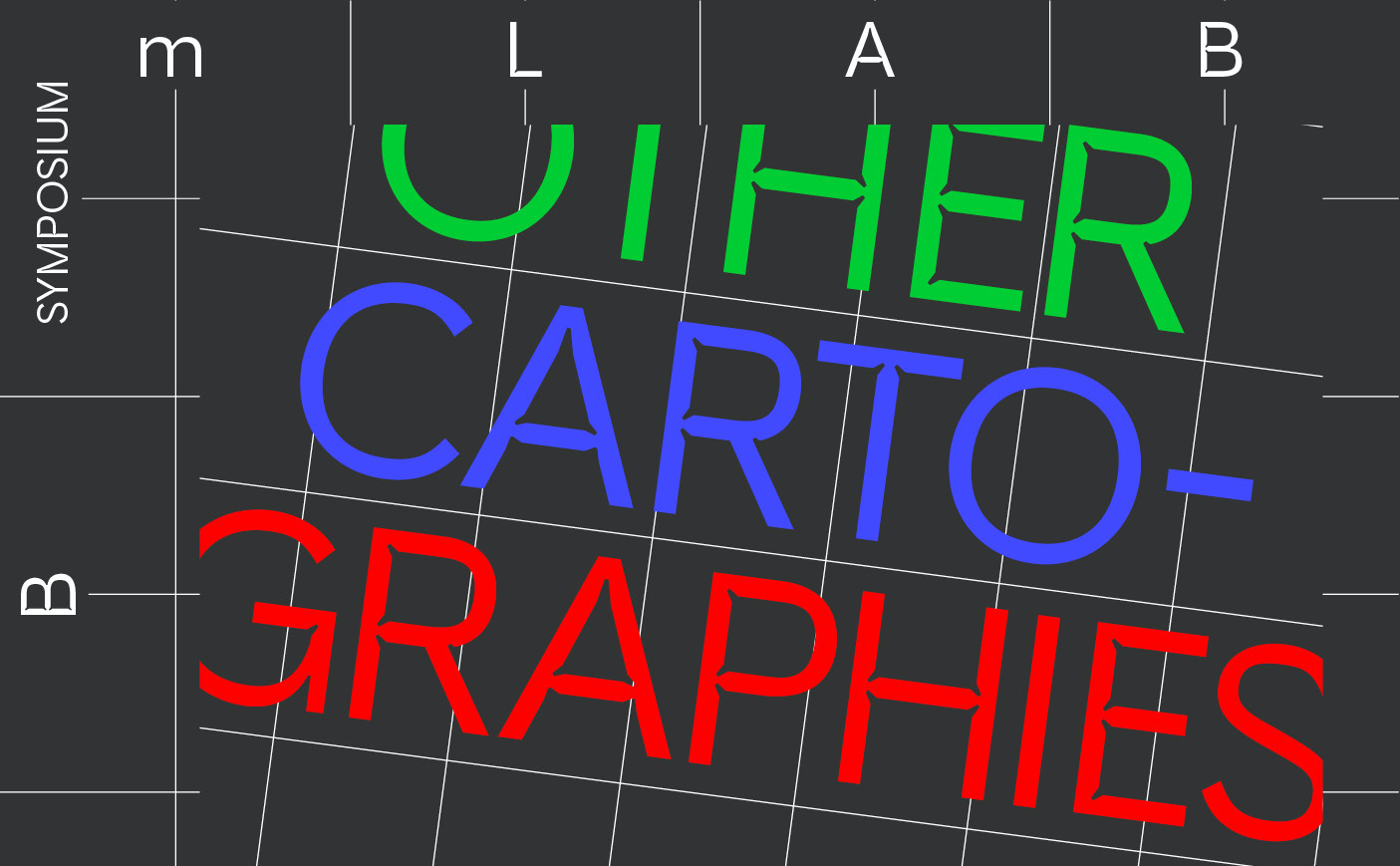
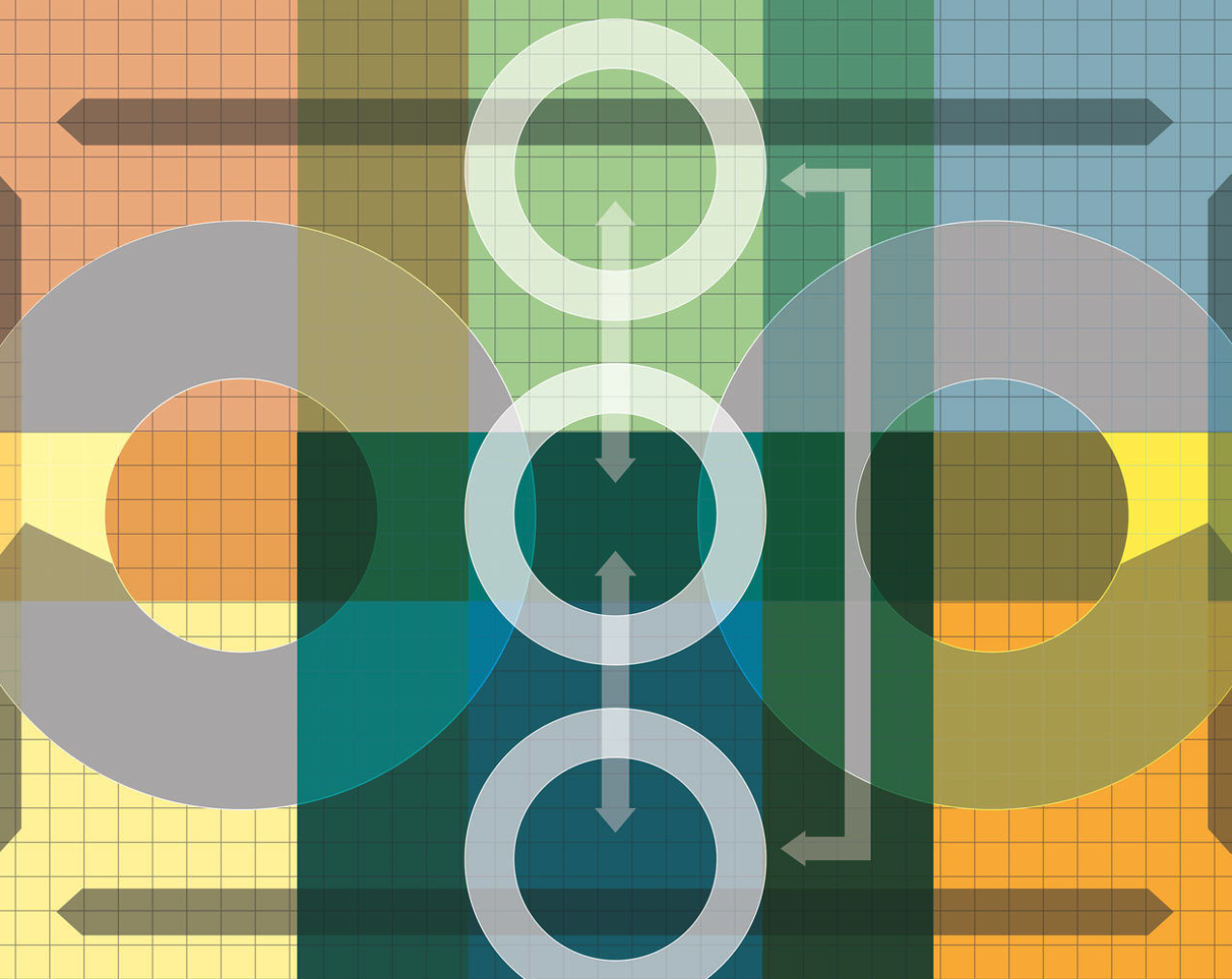
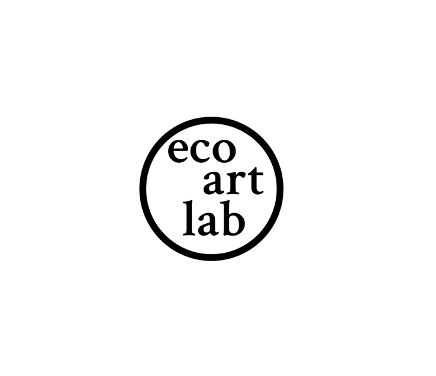

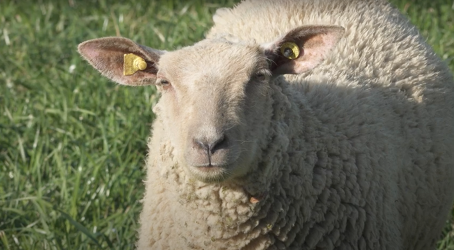

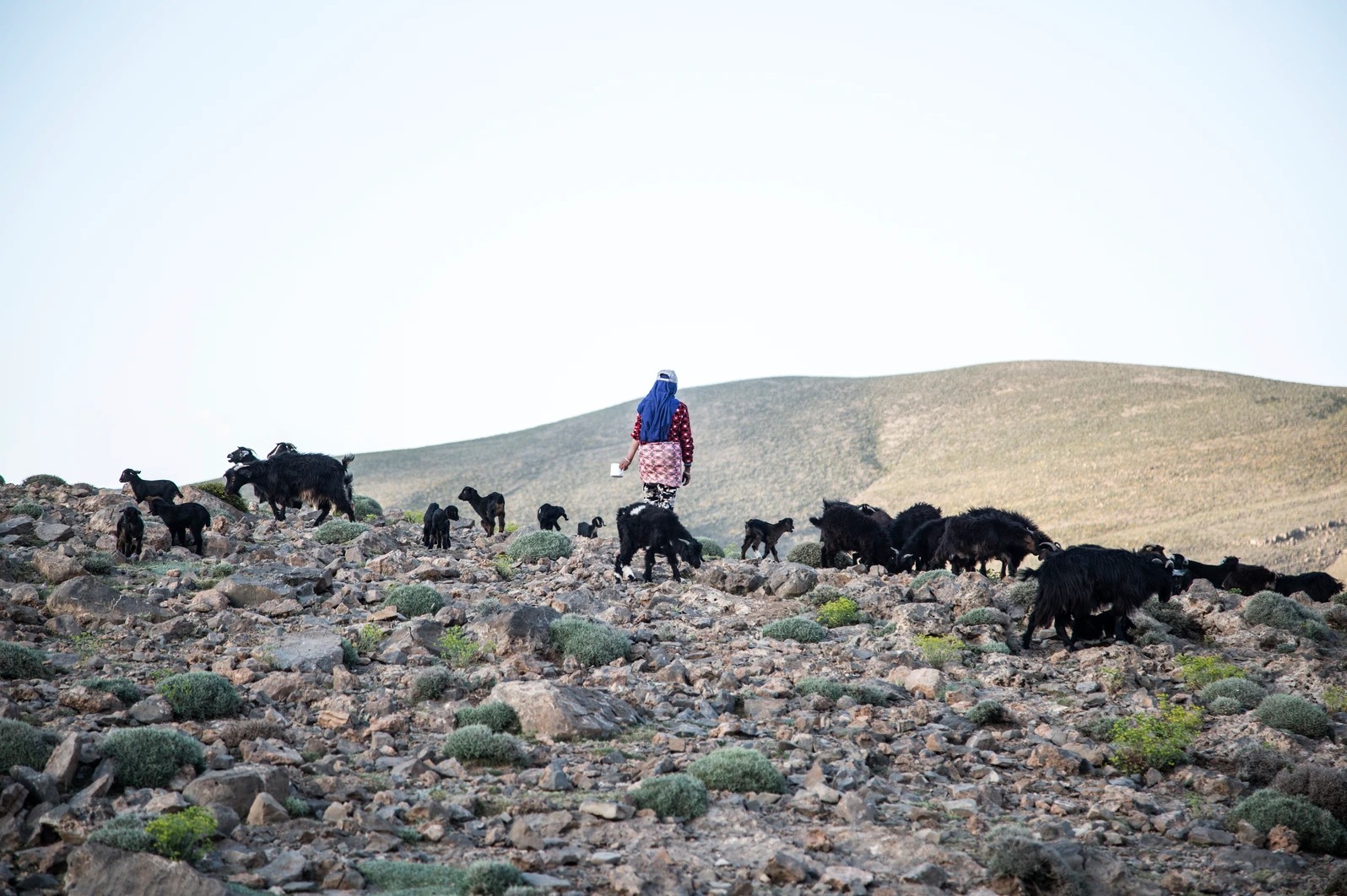
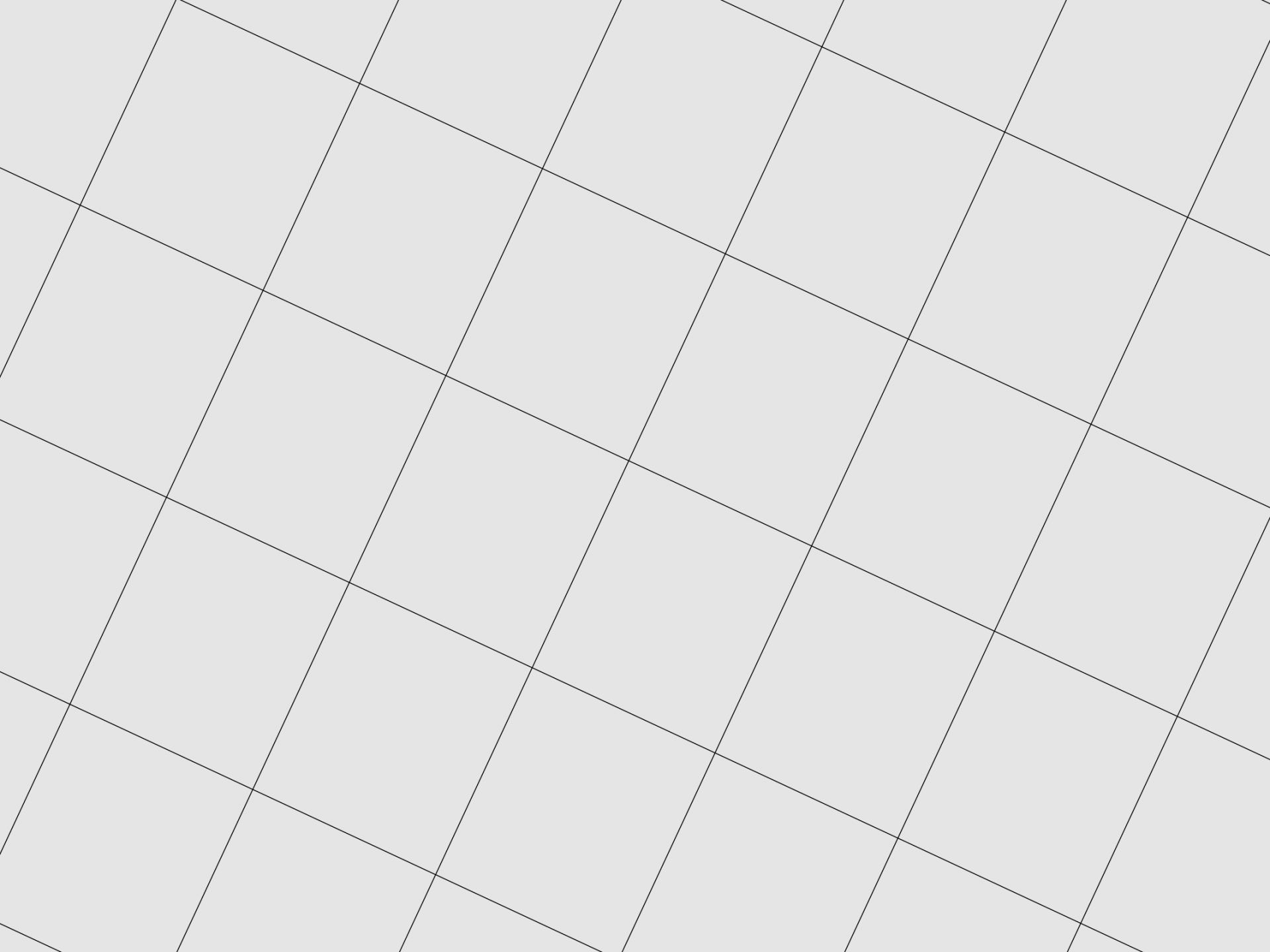
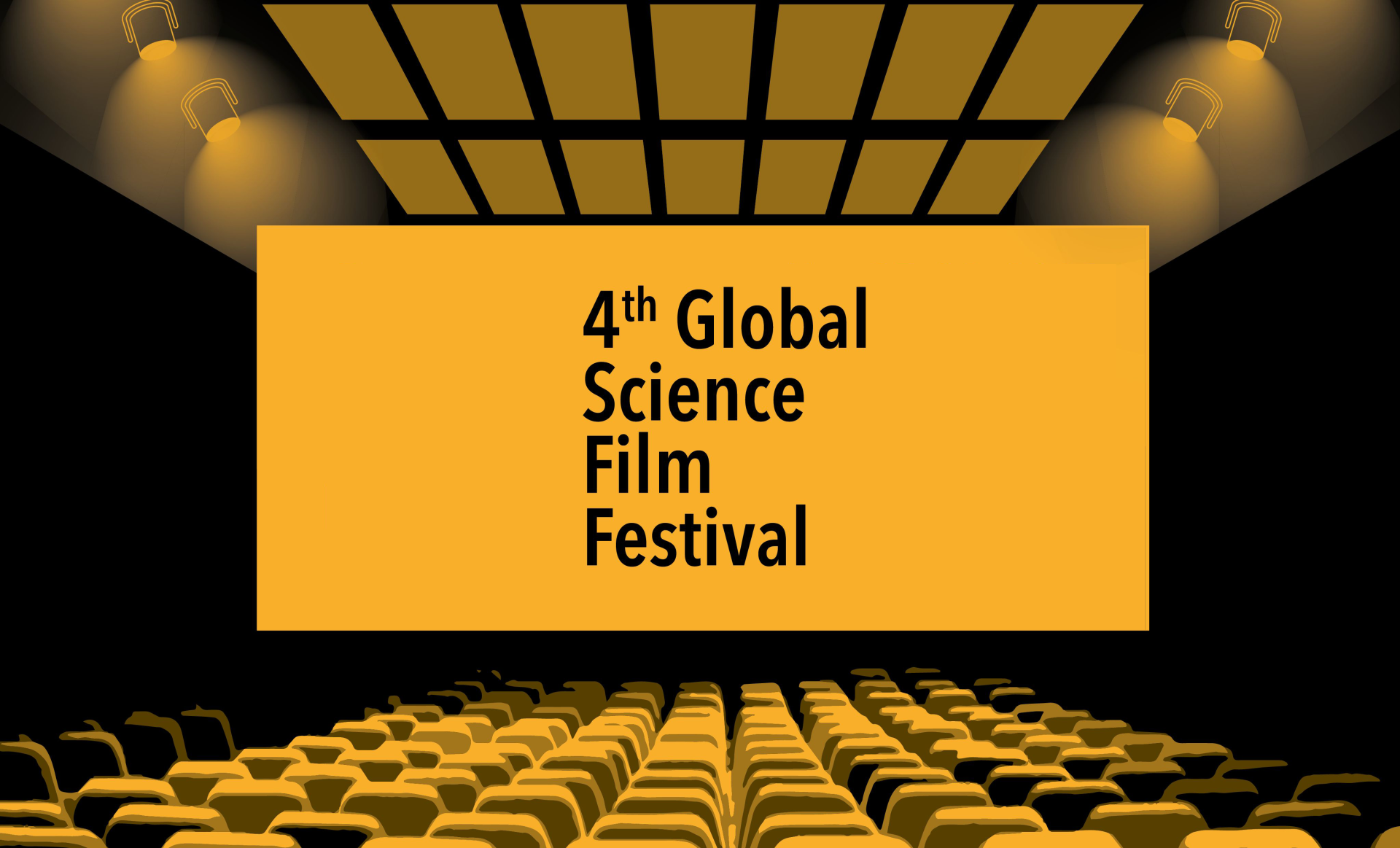
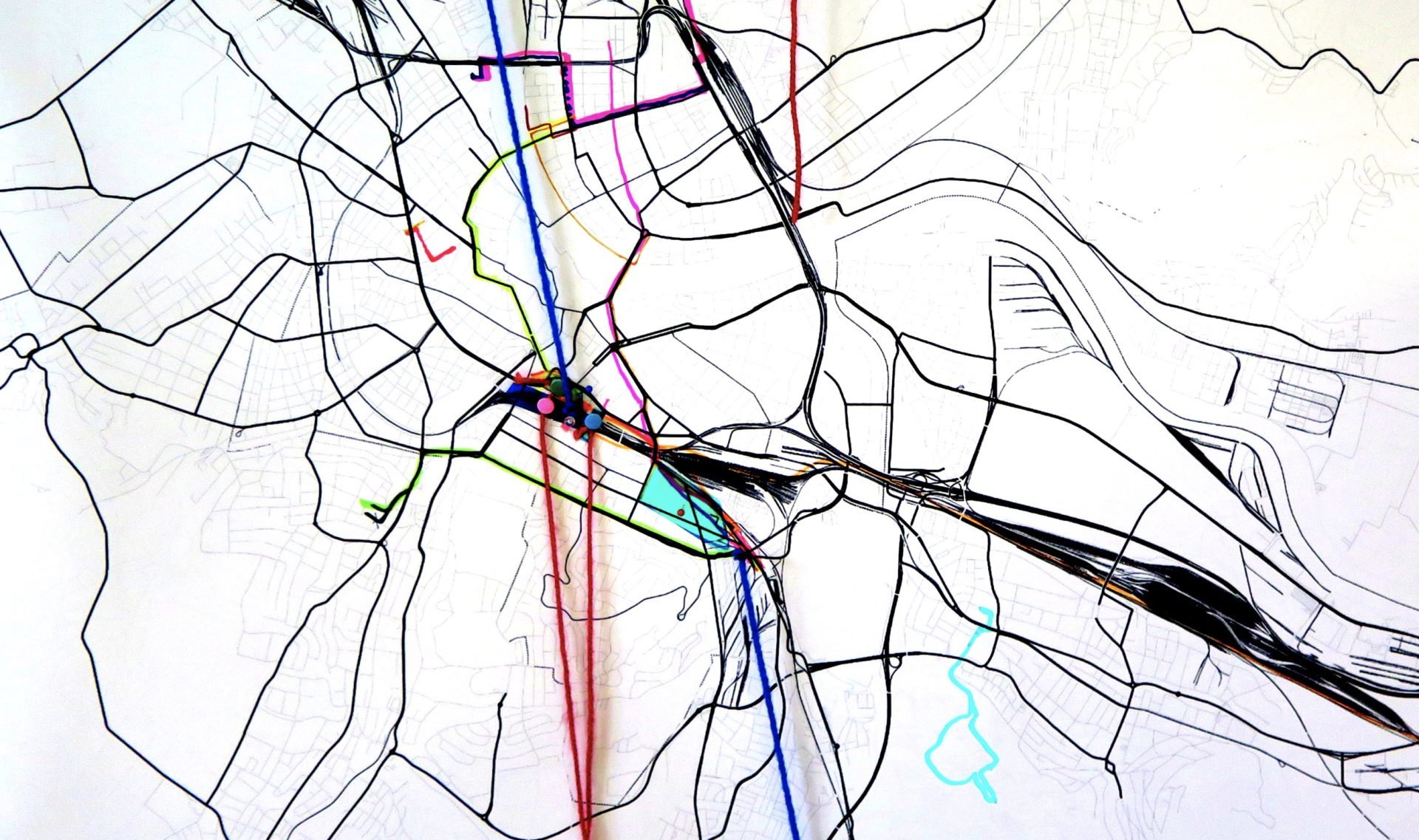

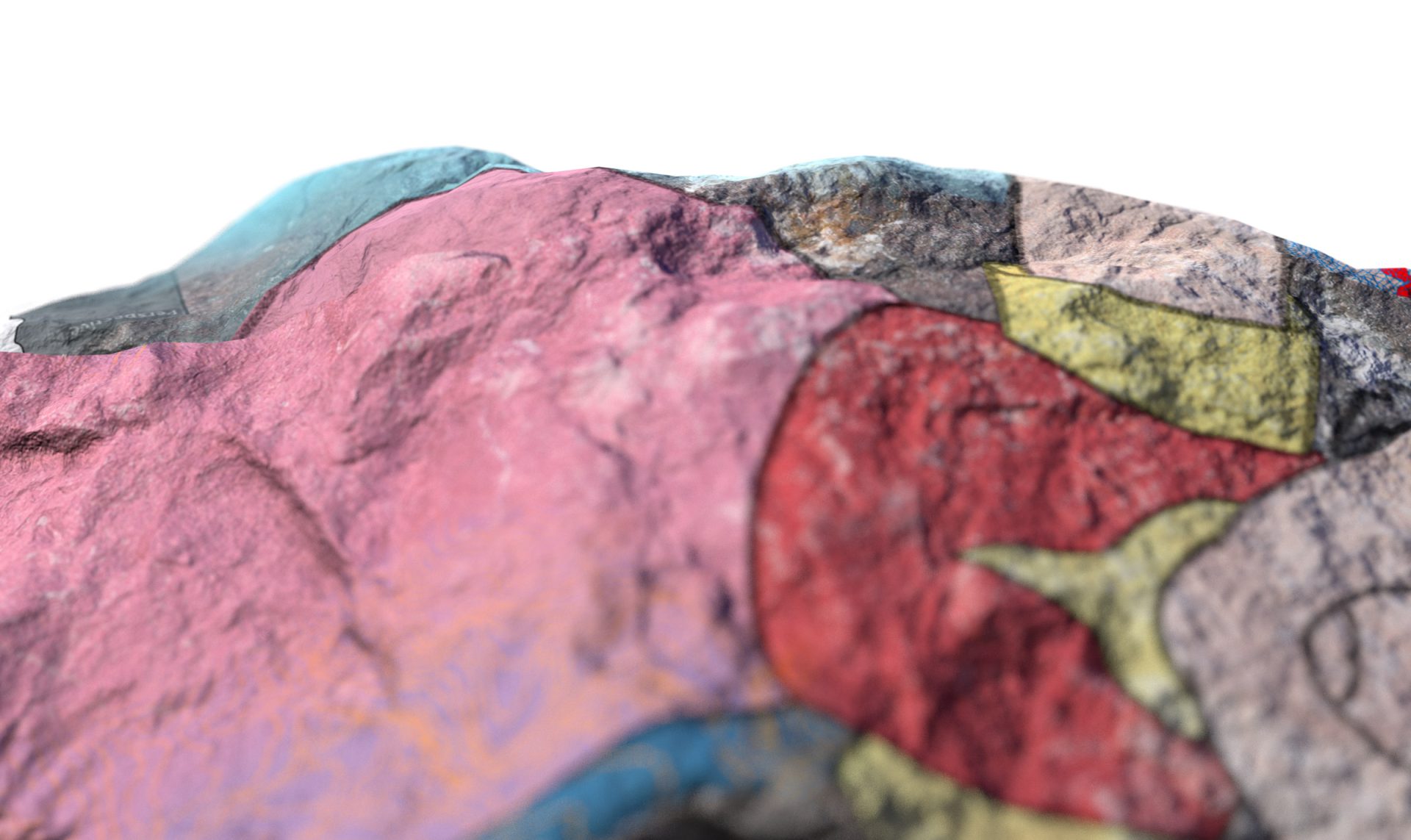

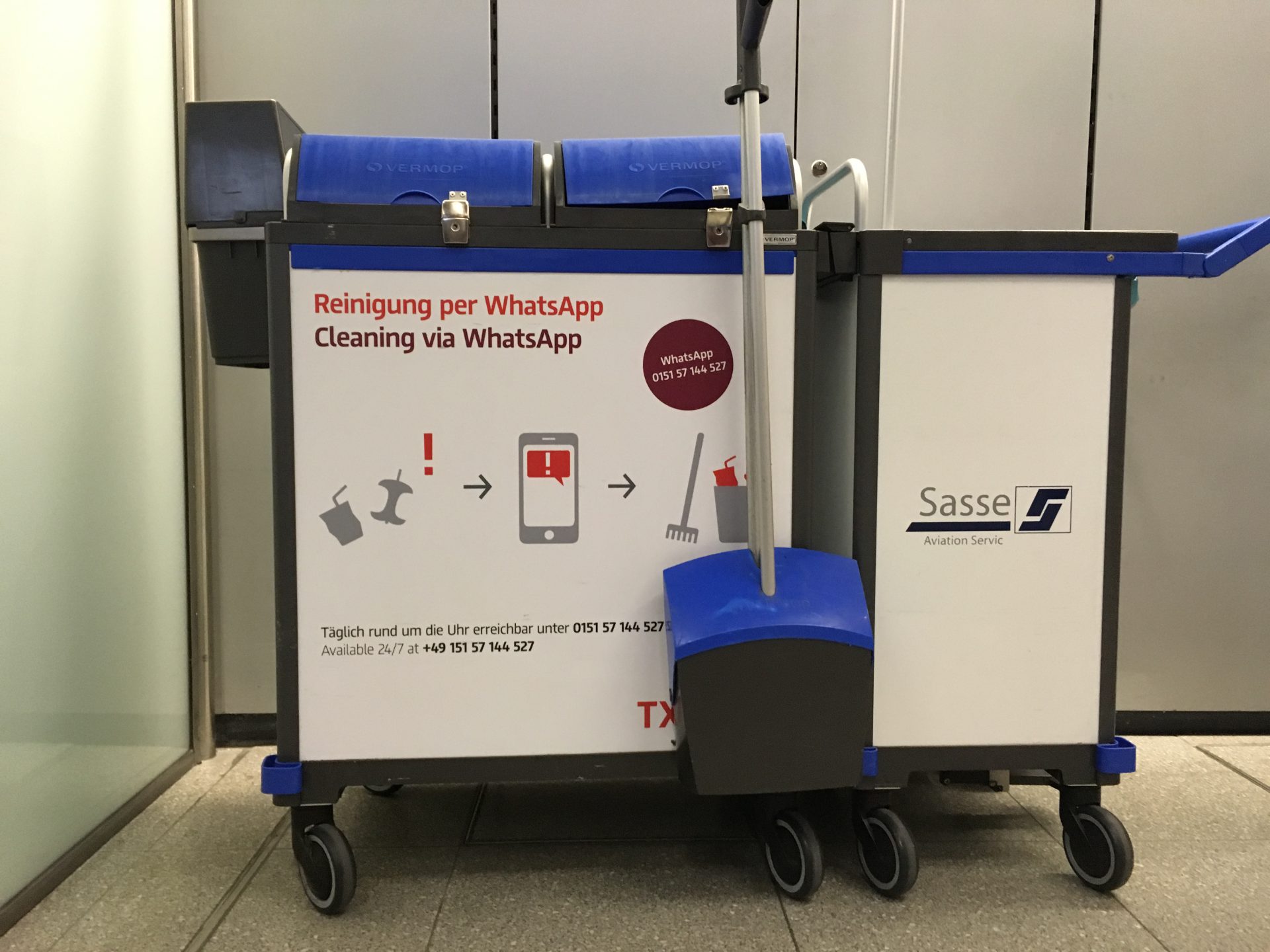
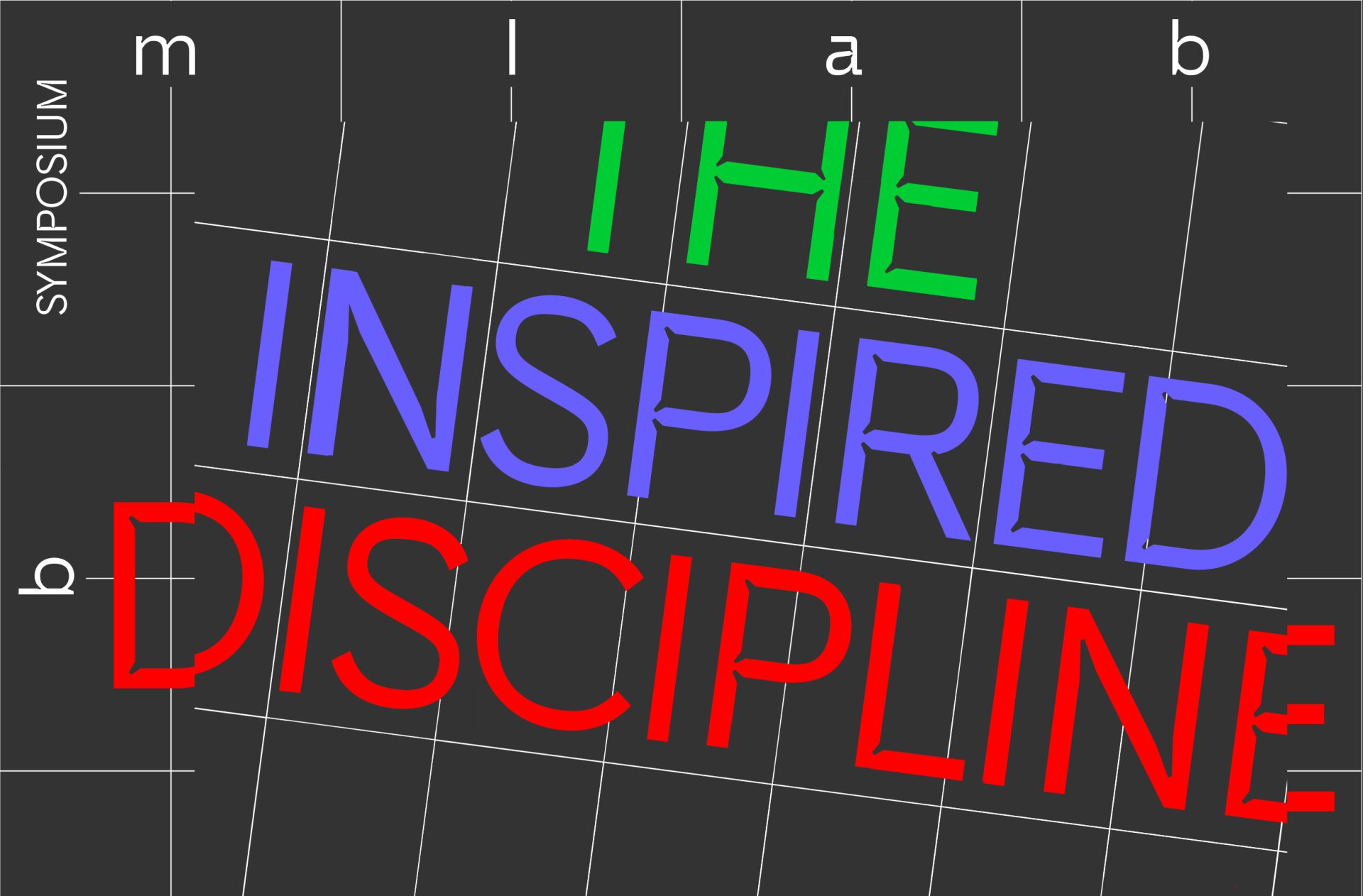
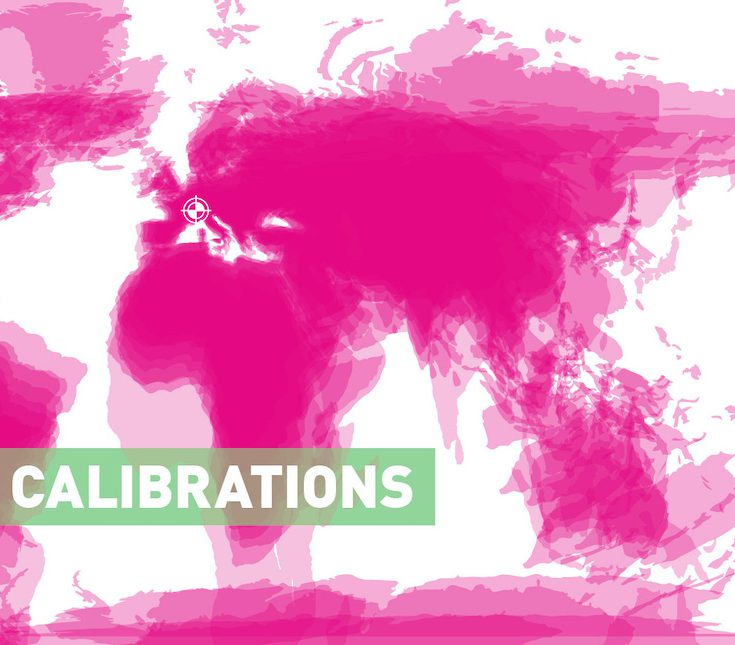
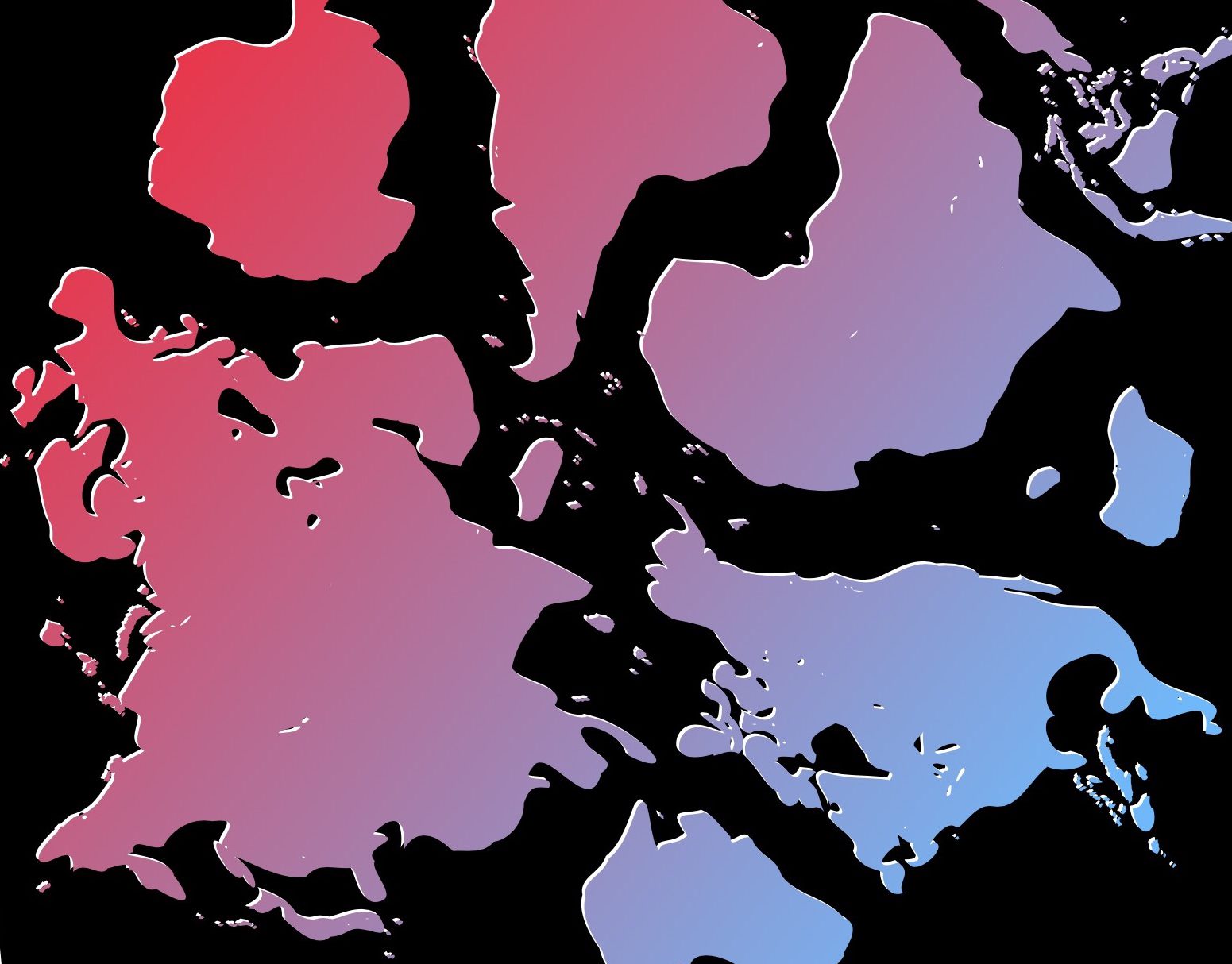
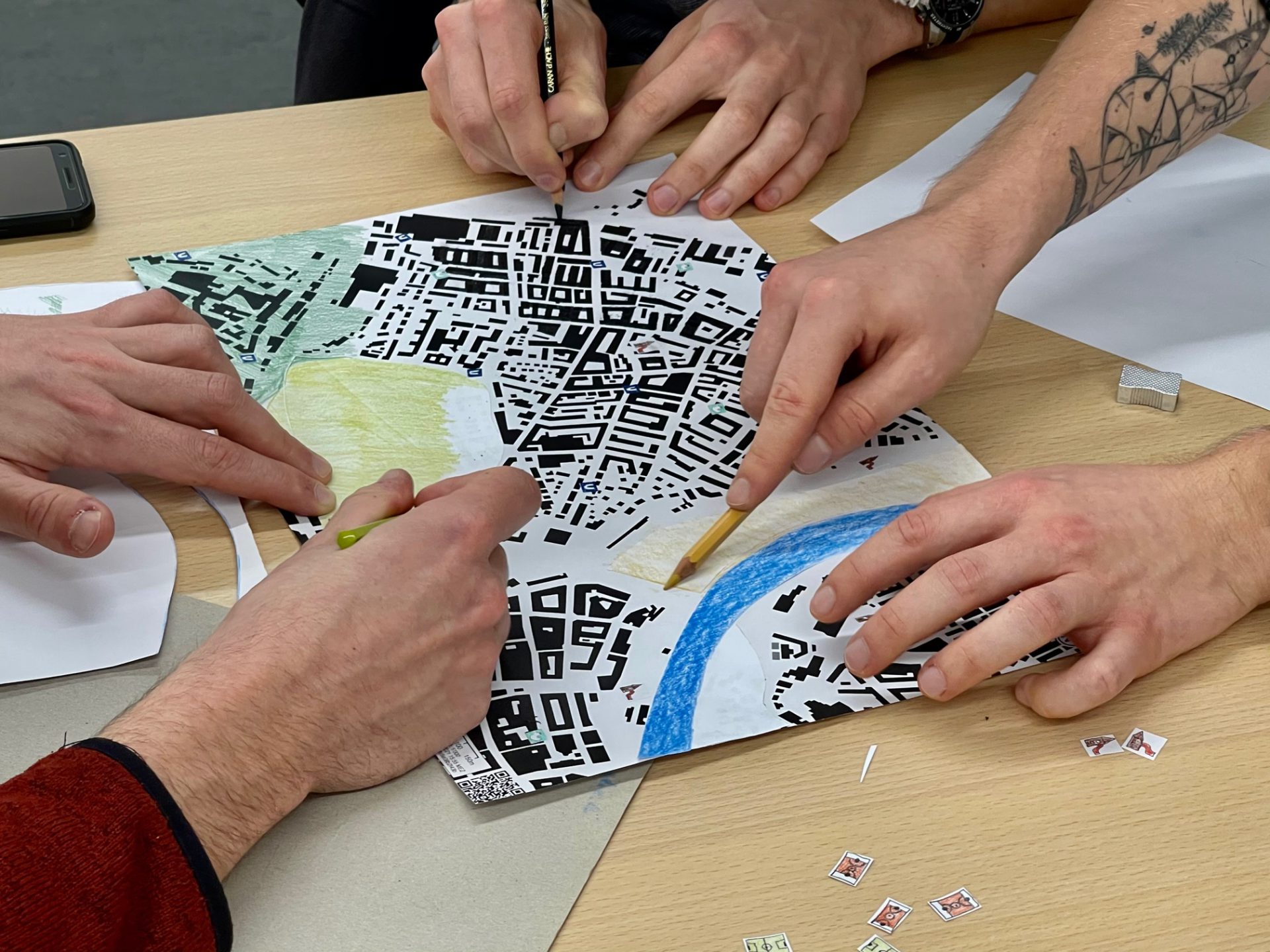

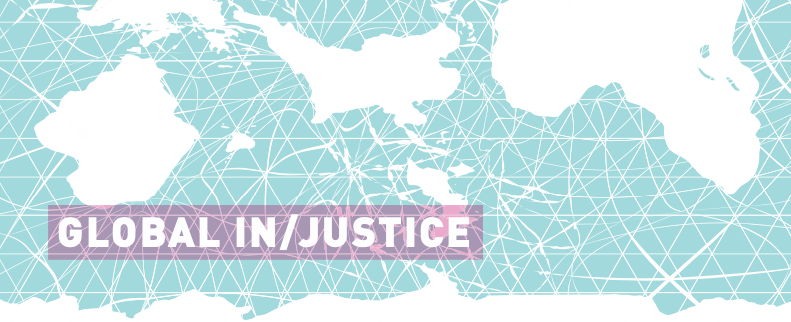
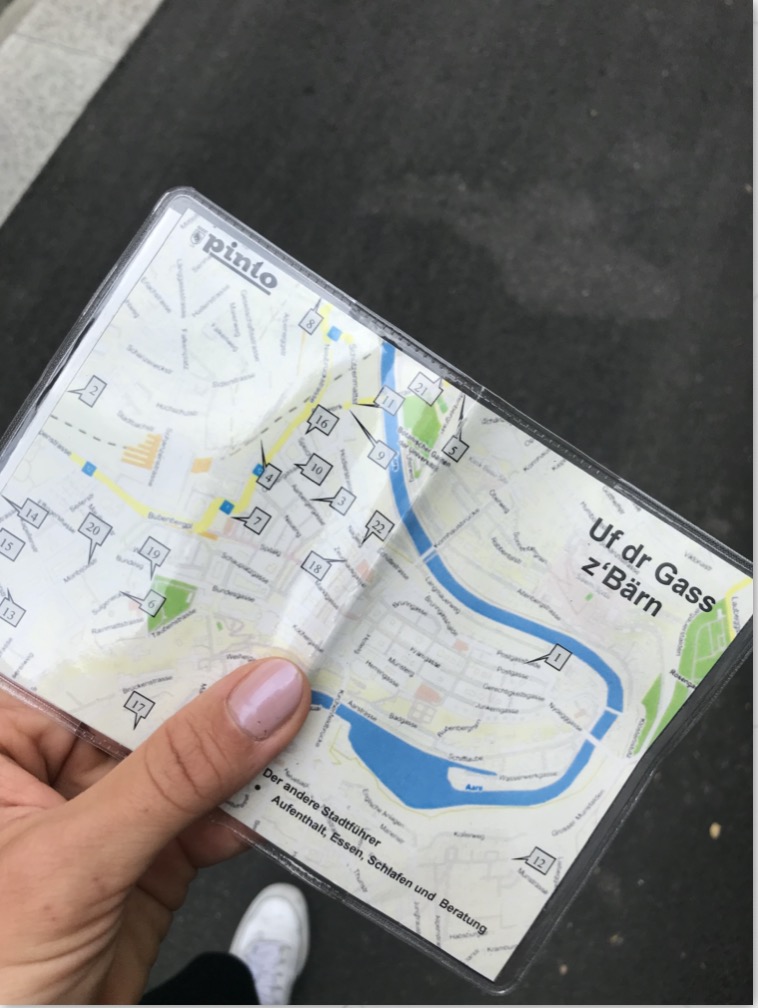
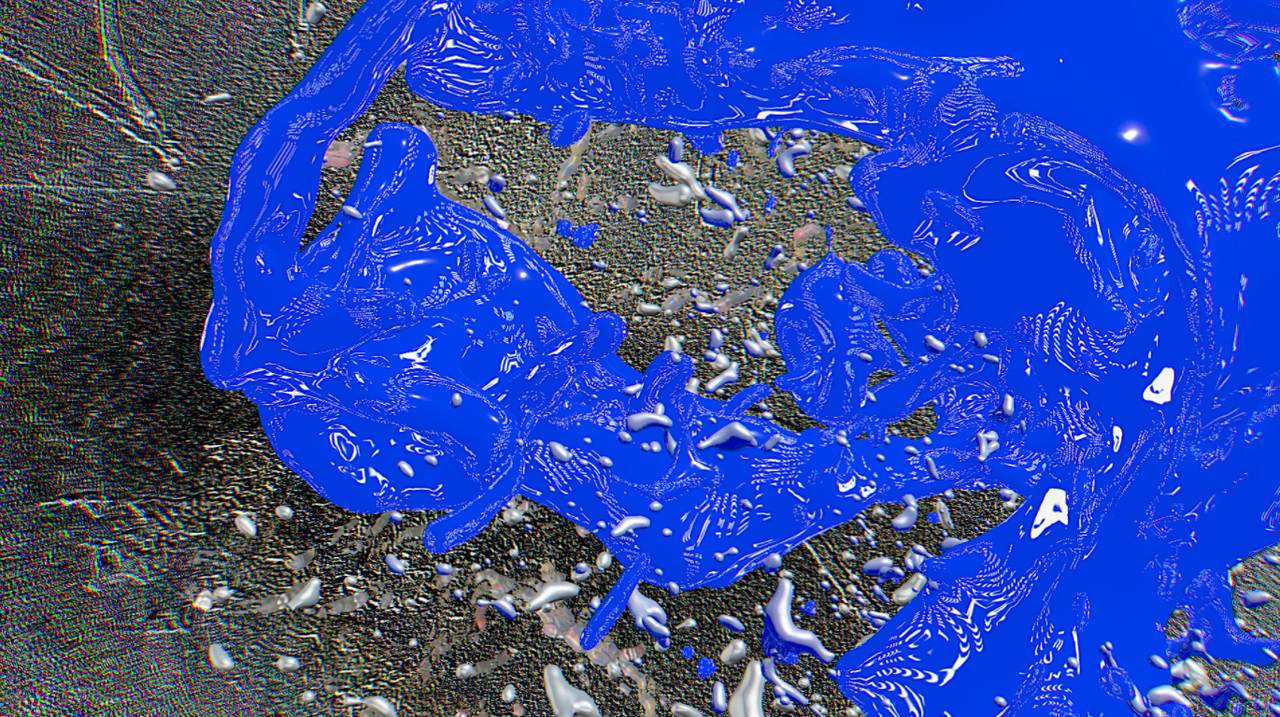

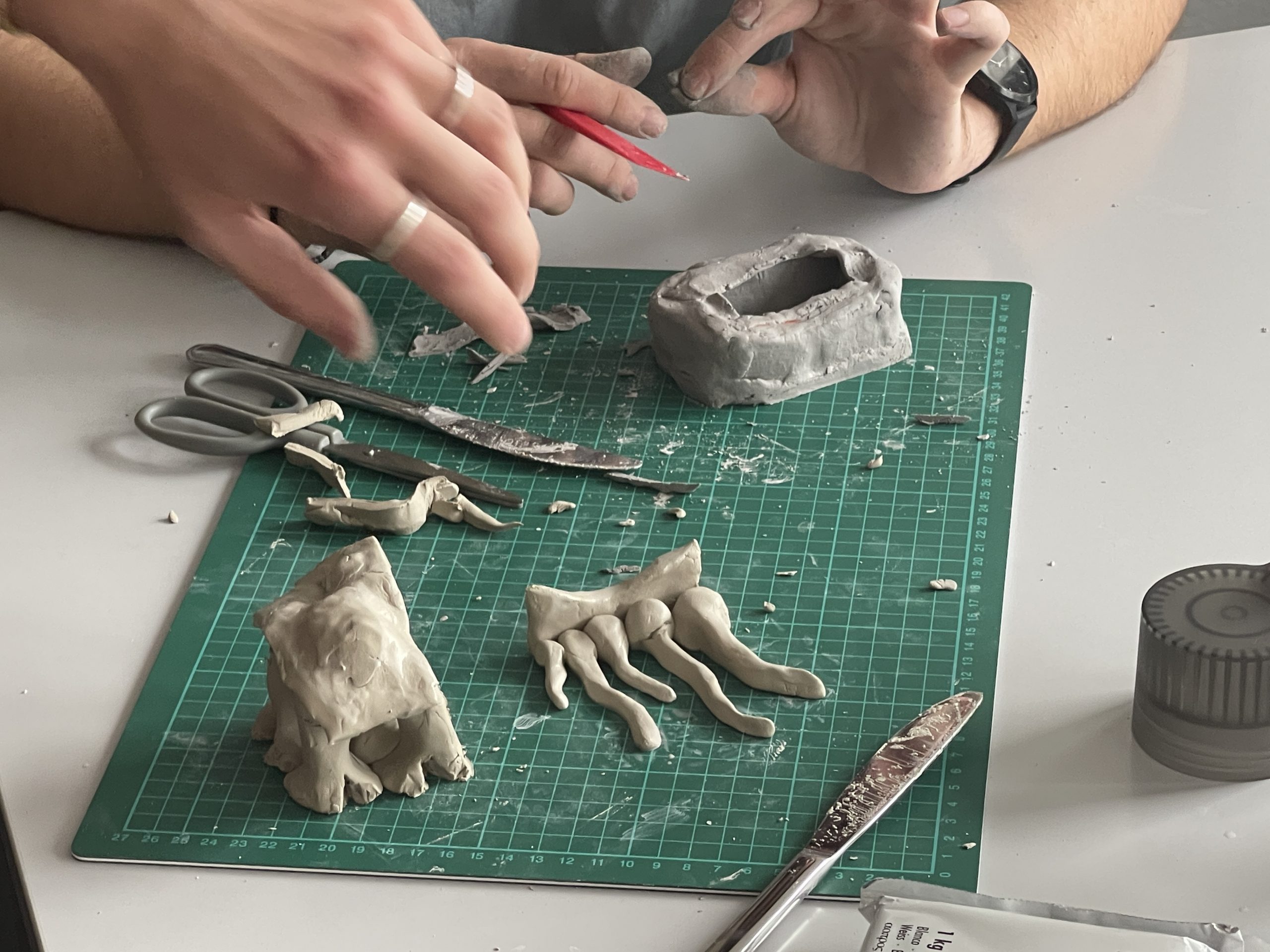
In the spring semester of 2022, Carolin Schurr and Mirko Winkel organized a research studio for master’s students. The studio explored how intimate experiences and (trans)national interconnections can be made visible with the help of artistic mapping processes.
The students experimented with different forms of maps, from analog to digital, from text-based to sensorial maps. They studied the relationship between the production and reception of maps. Each individual project faces the challenge of bringing together quantitative data with intimate qualitative data. These resulting, highly diverse maps aimed to draw attention to issues of global reproductive justice or injustice.
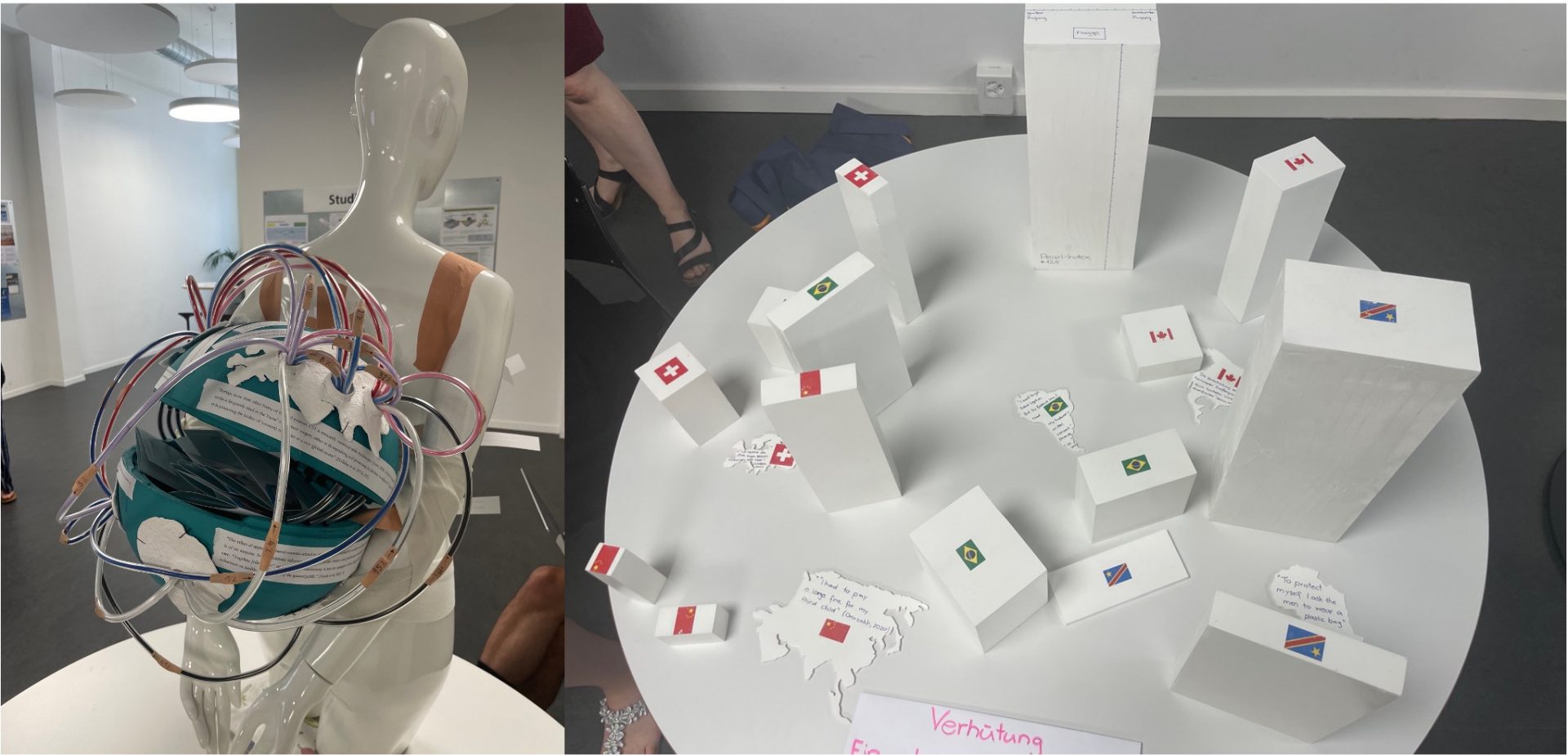
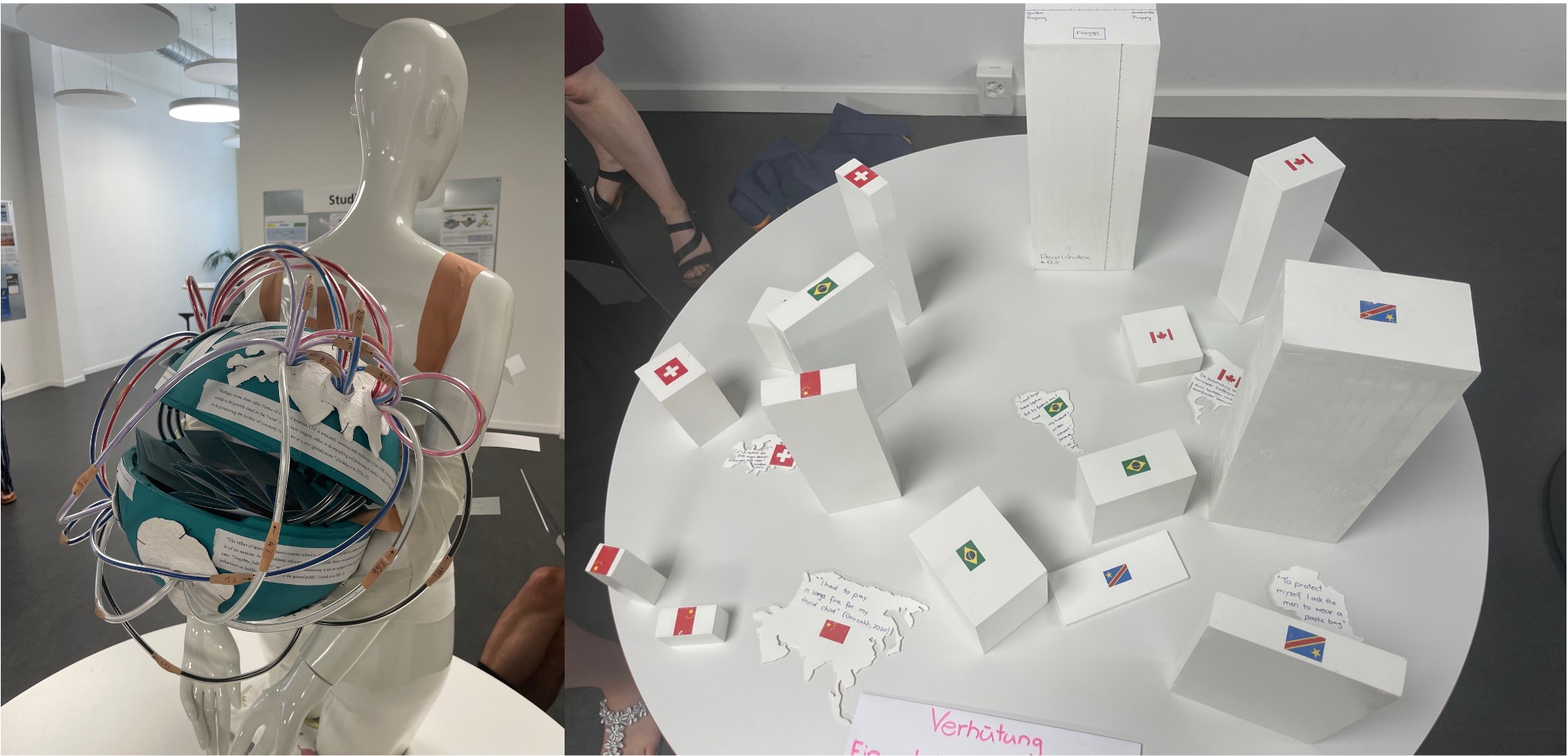


Projects by Anja Ruckstuhl (left) and Carolin Glauser (right)
Anja Ruckstuhl produced a sculptural body map that explores beauty norms in social media and relates them to transnational cosmetic surgery tourism.
Carolin Glauser has created a wooden analog map, inspired by the looks of children’s toys, to depict the use of and access to contraceptive methods in different countries around the world.
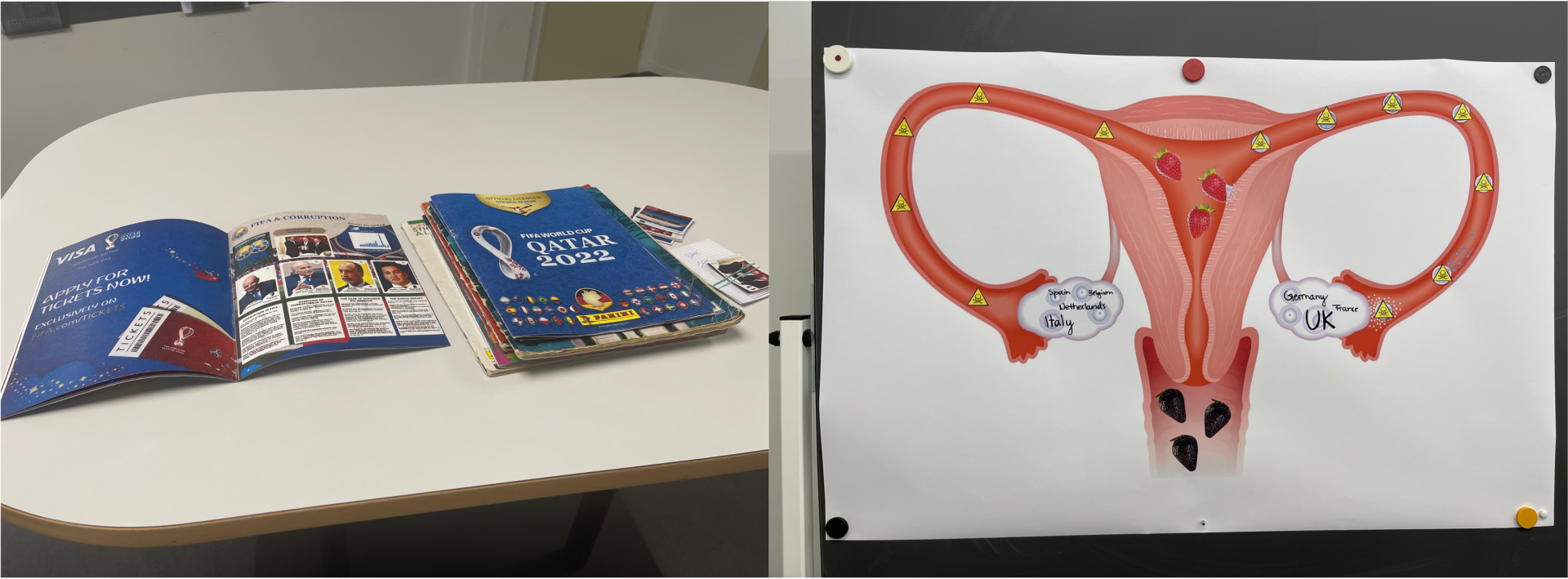
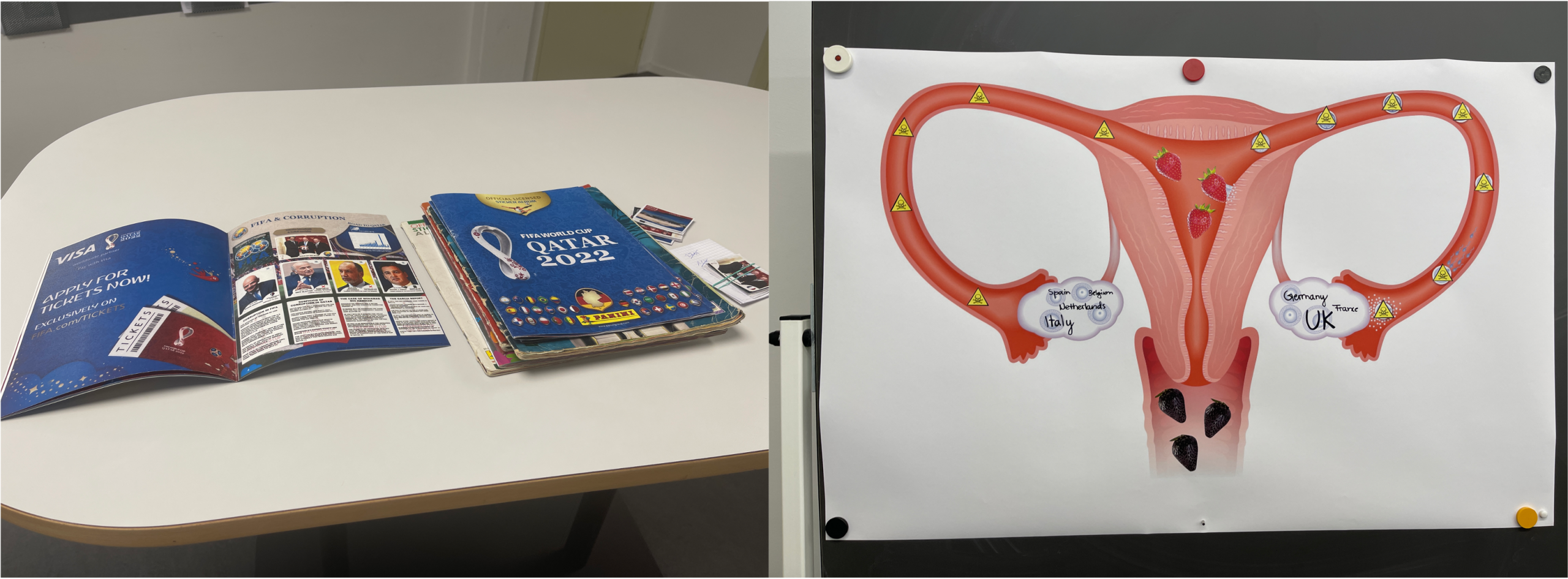


Projects by Claudio Andenmatten (left) and Fabienne Frey (right)
Claudio Andenmatten has designed a Panini sticker magazine that addresses the injustices migrants face working in preparation for the FIFA World Cup in Qatar and how this relates to funding structures.
Fabienne Frey has created an interactive digital map of the effects of pesticides on the bodies and reproductive capabilities of female agricultural workers.
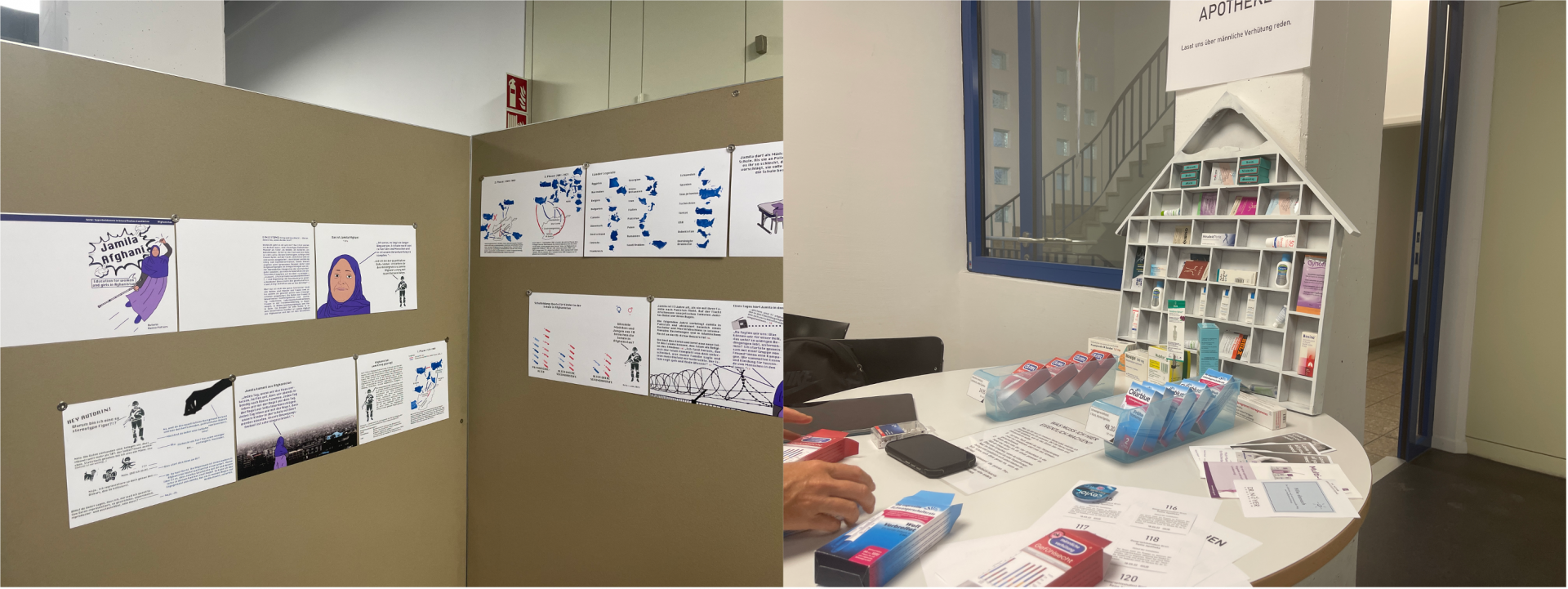
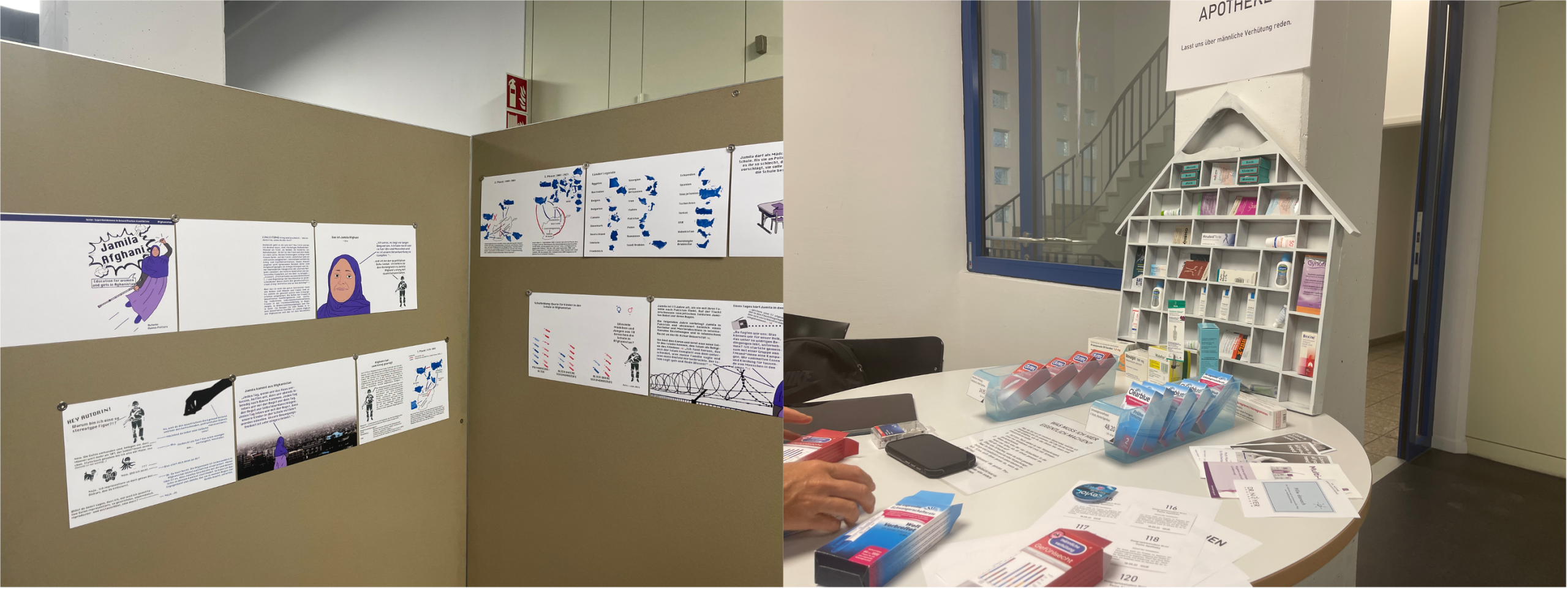


Projects by Hanna Pütters (left) and Kai Brun (right)
Hanna Pütters has drawn a comic on the subject of gender and war. It deals with the story of a female Afghan “war hero” and the stereotypes that women encounter in armed conflicts.
Kai Brun was inspired by a pharmacy. He uses packs of pregnancy tests and condoms to present data on the unequal opportunities for family planning for different genders.
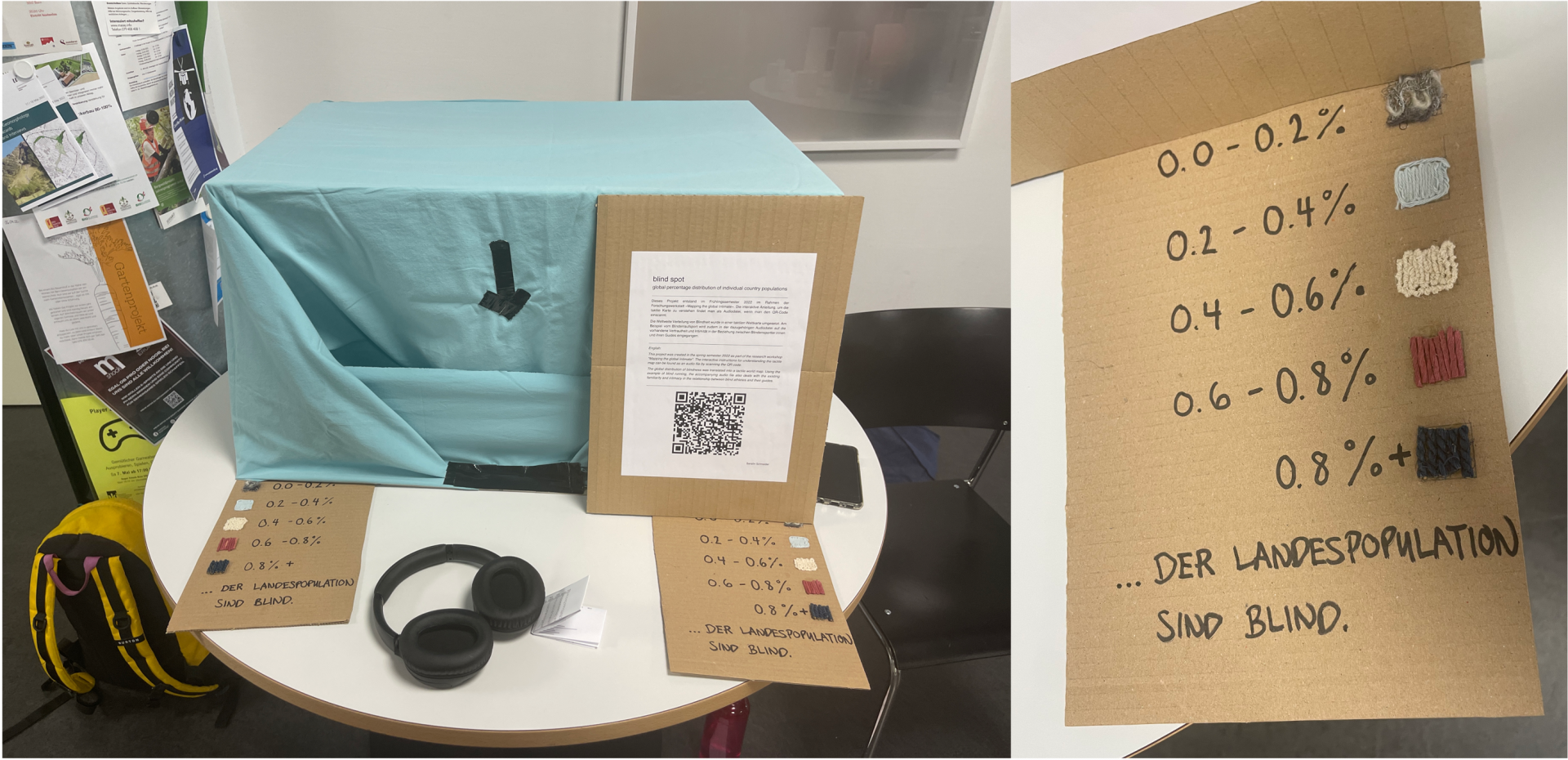
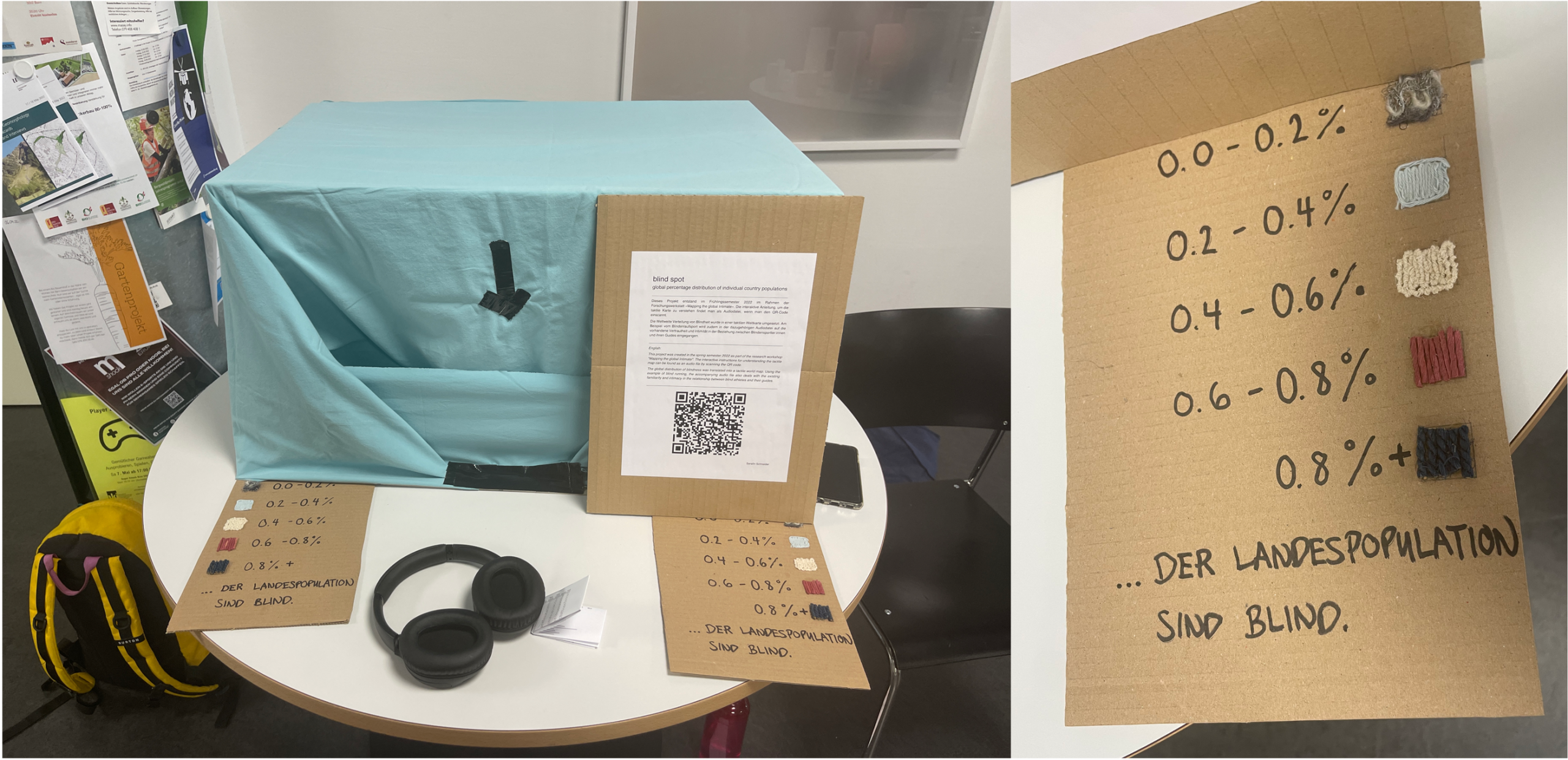


Project by Serafin Schneider
Serafin Schneider created a sensory map by experimenting with cords and their textures to create more awareness of the problems that blind people face in professional athletics.